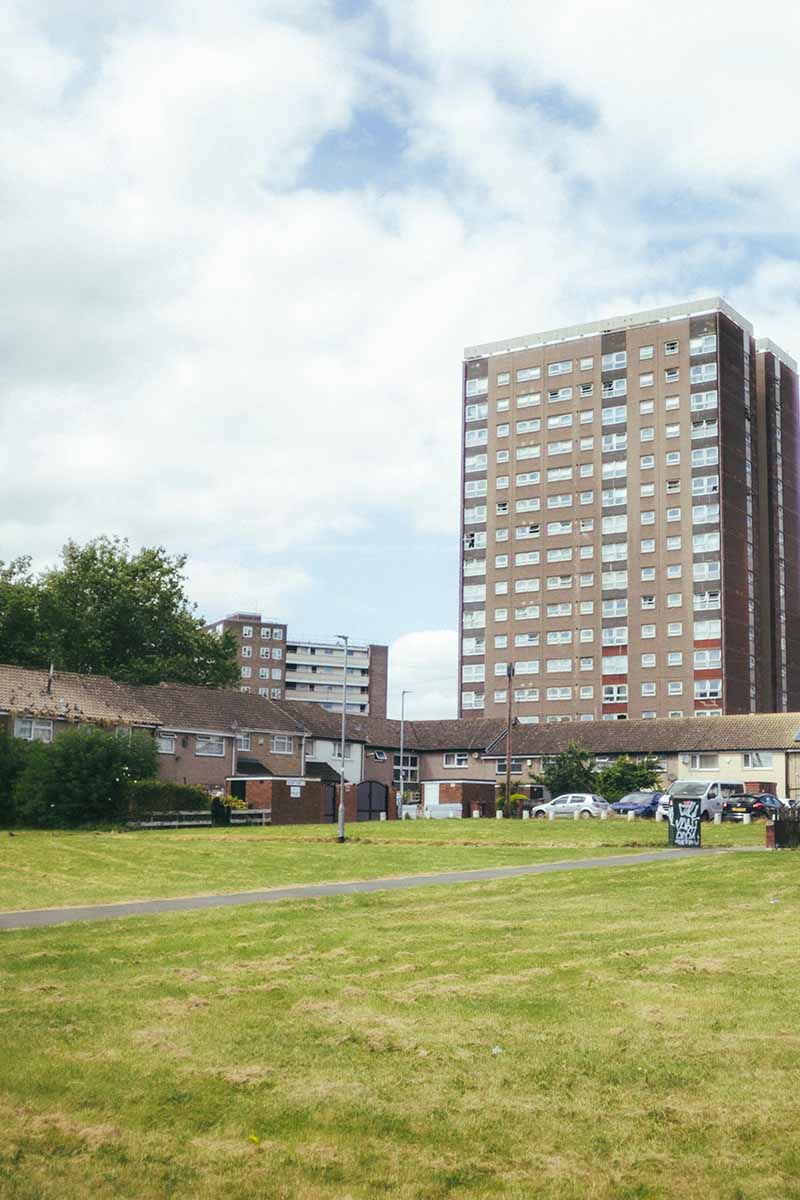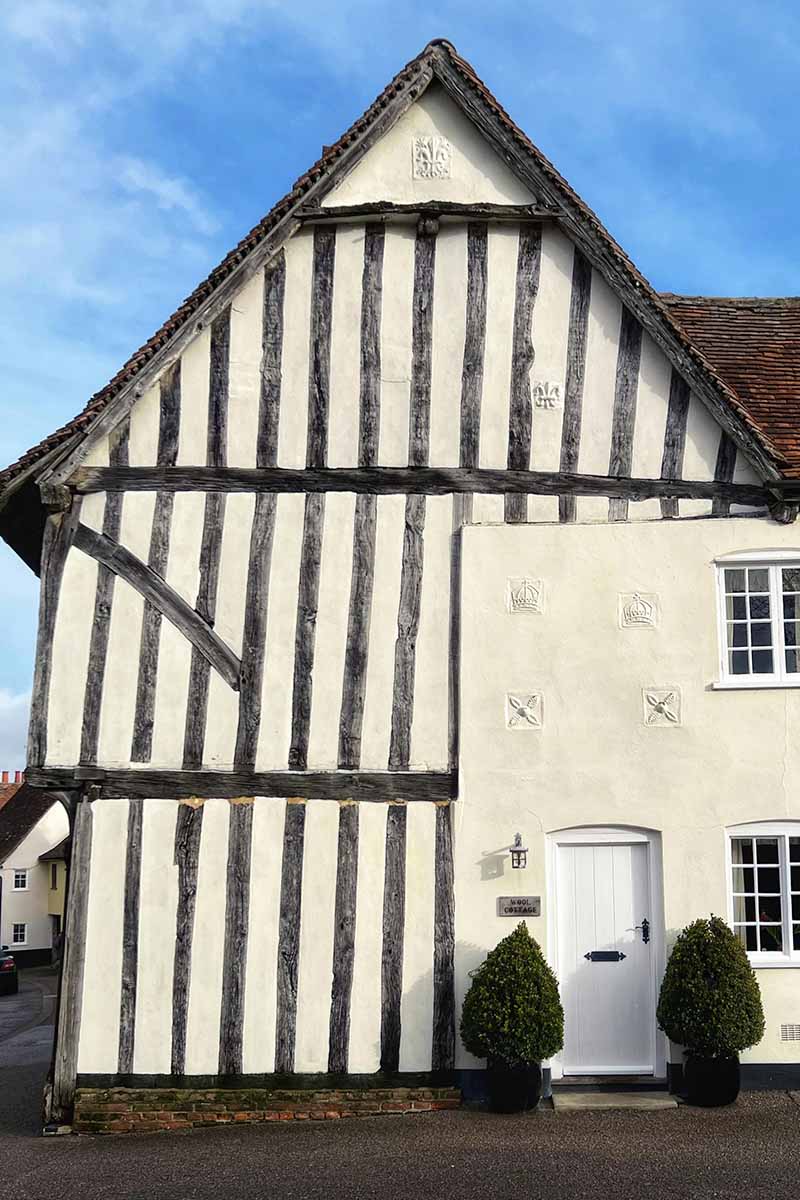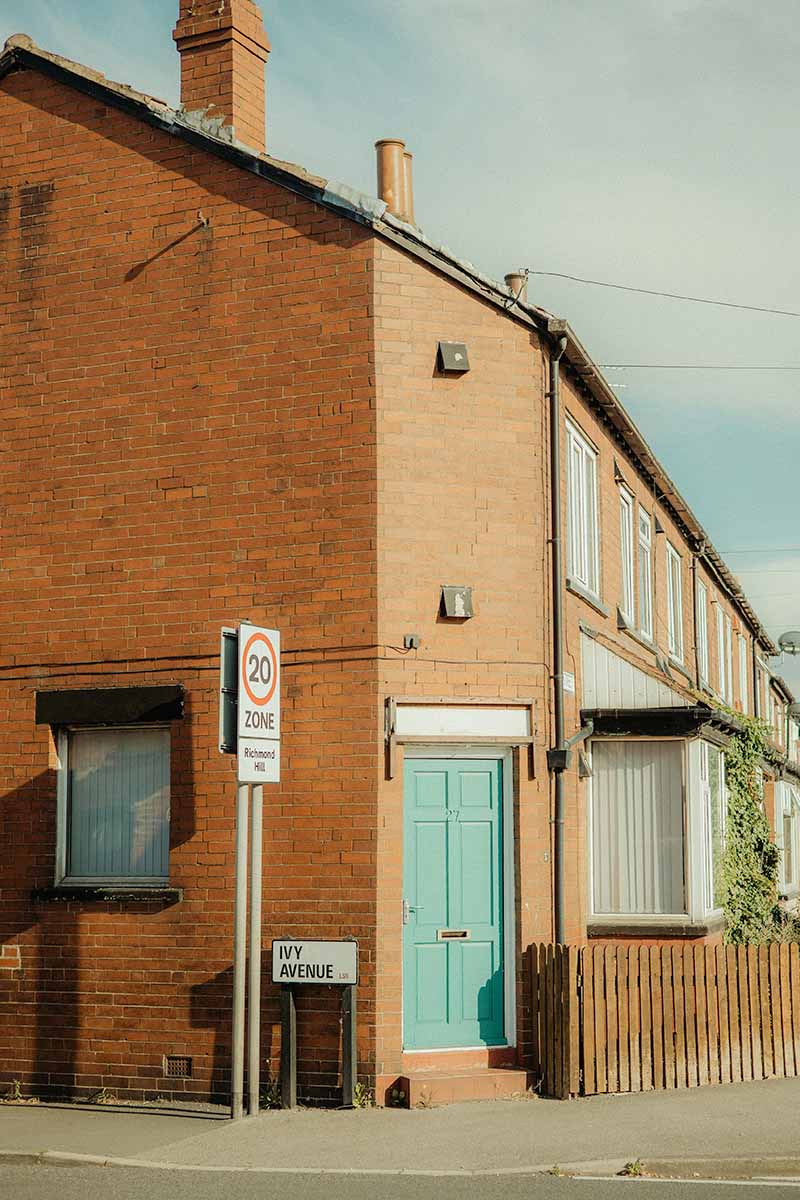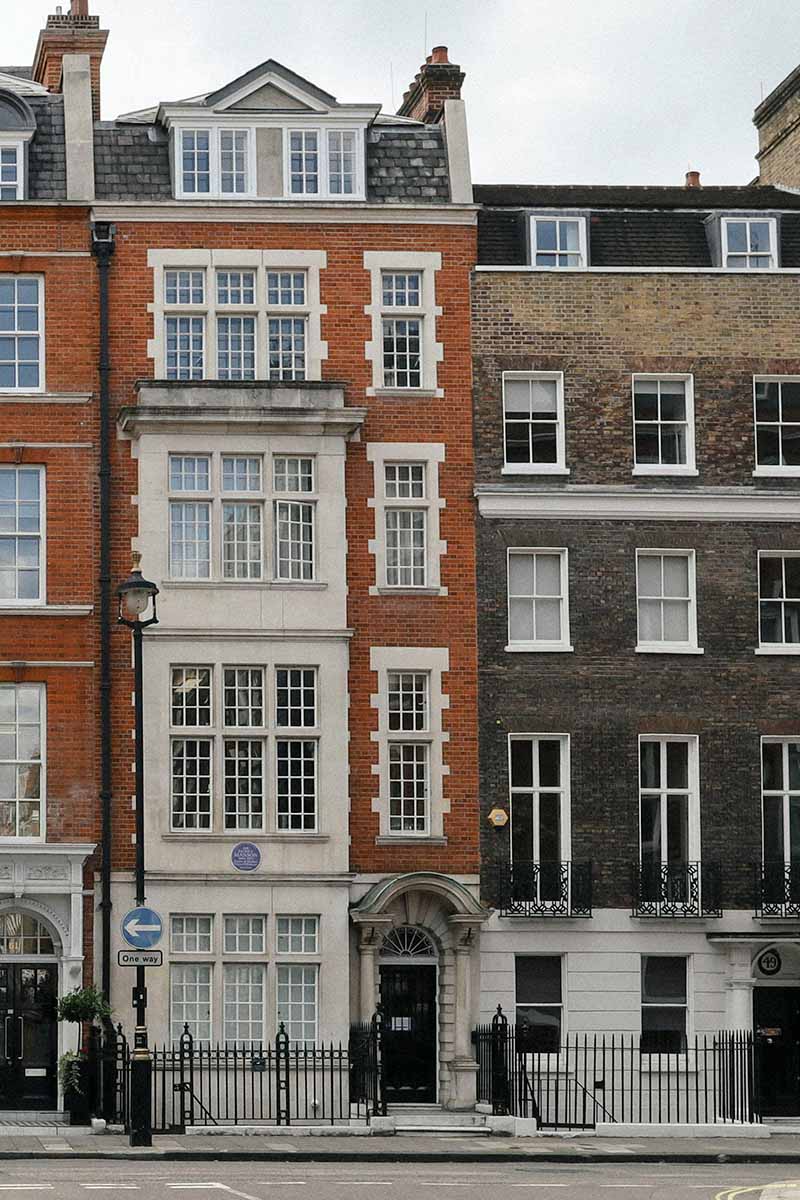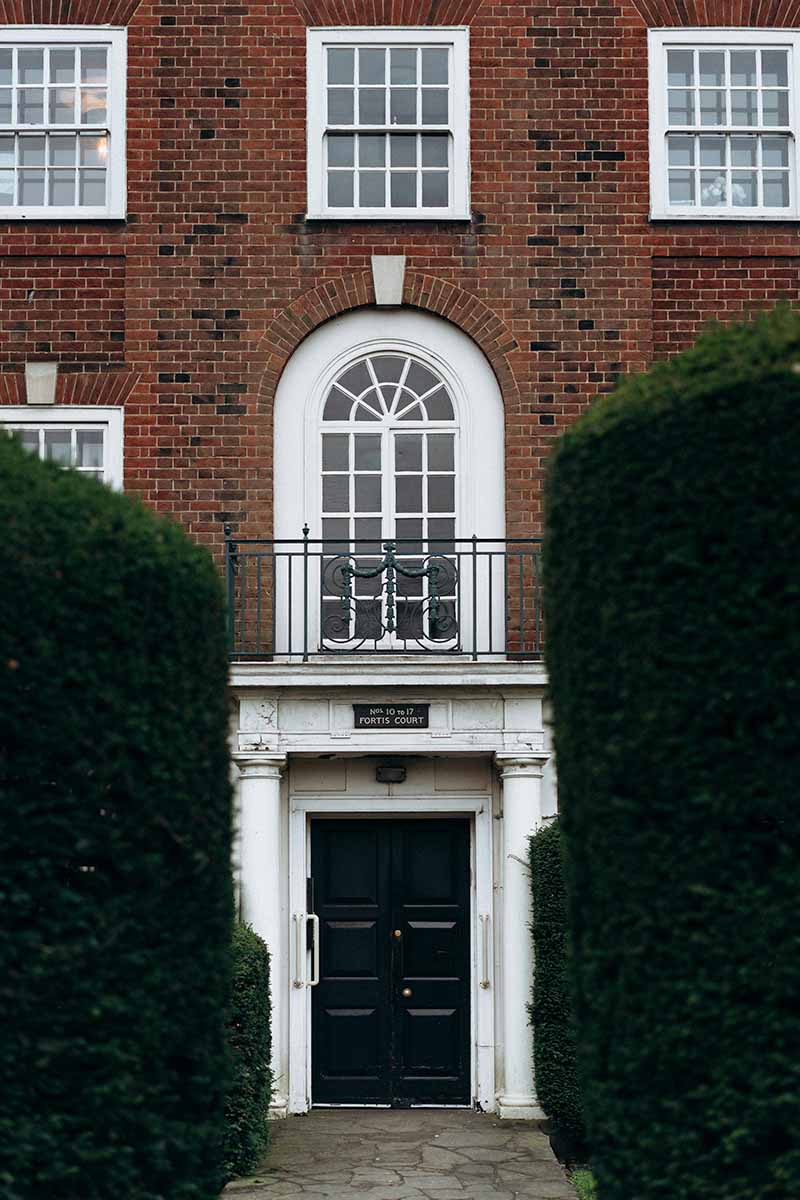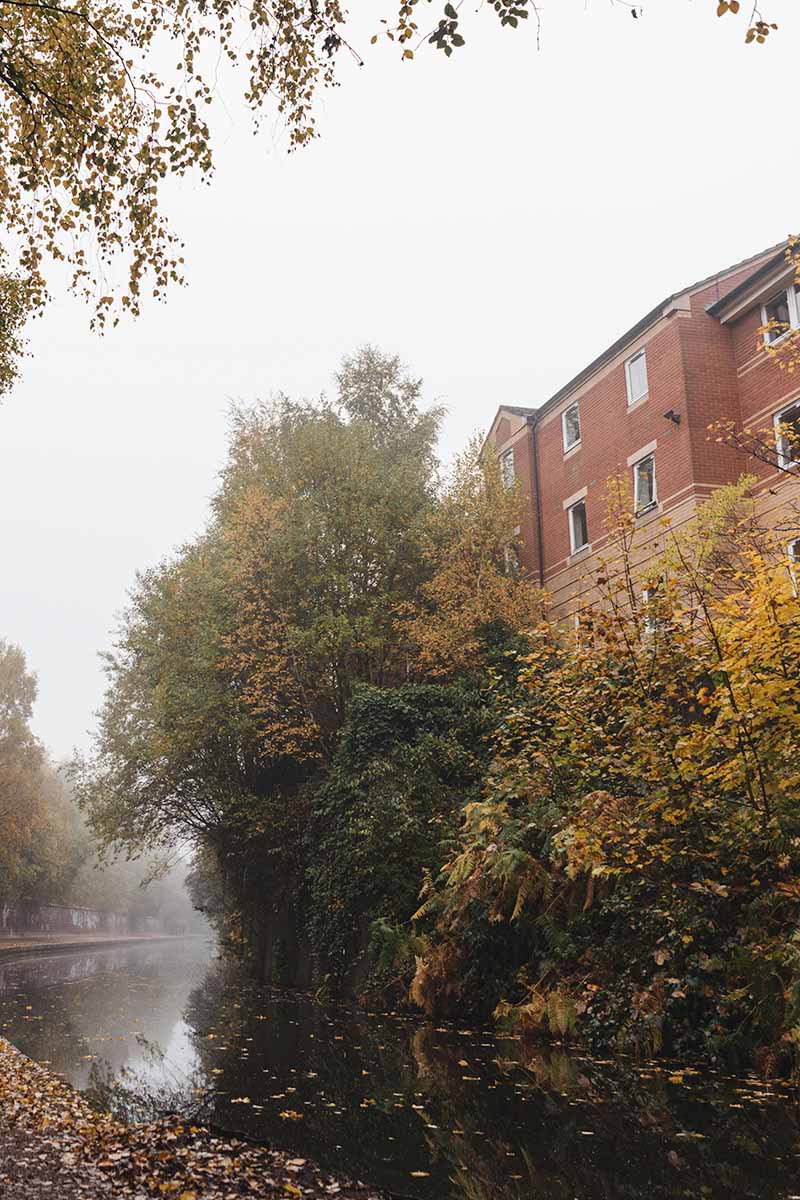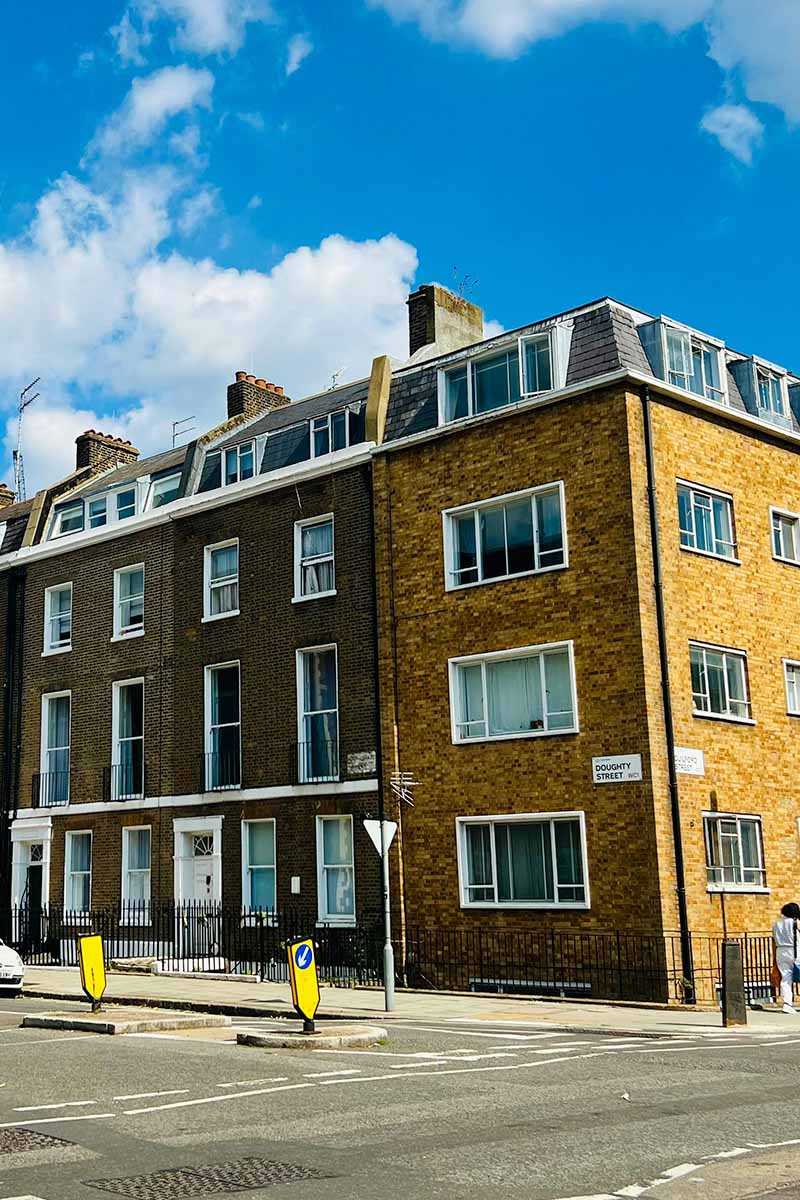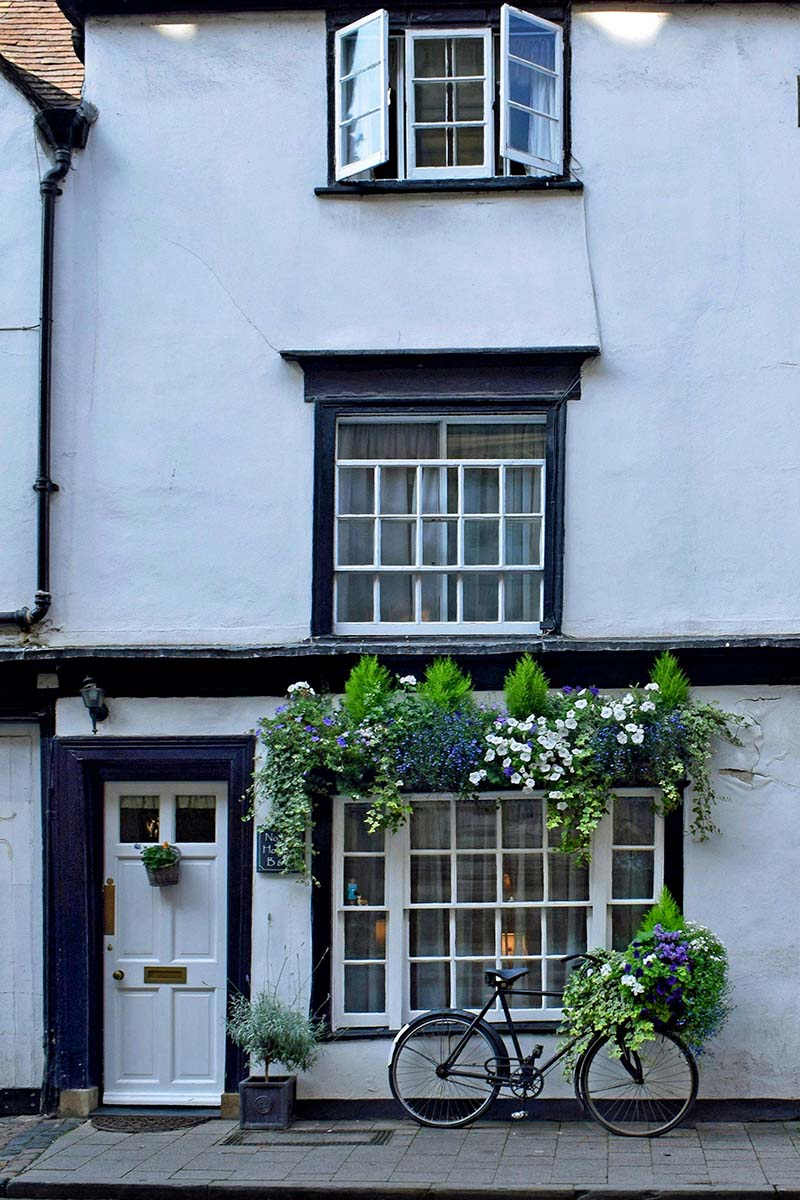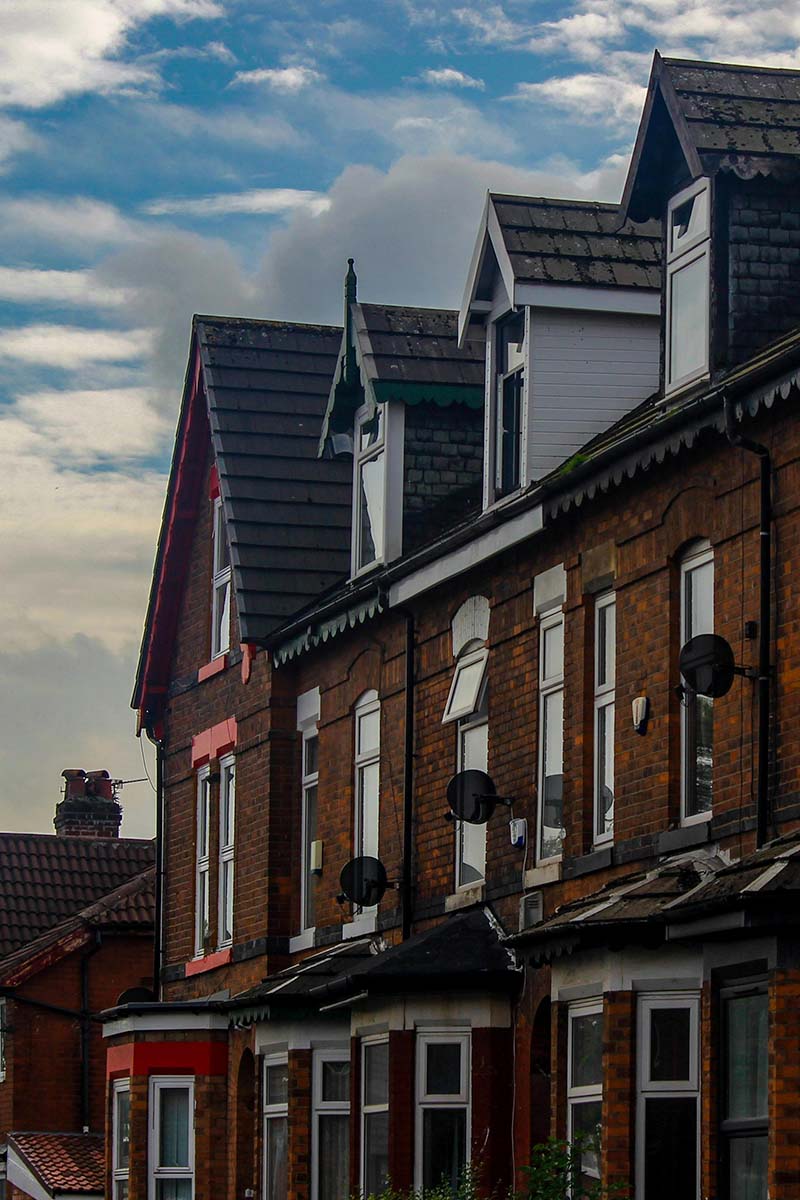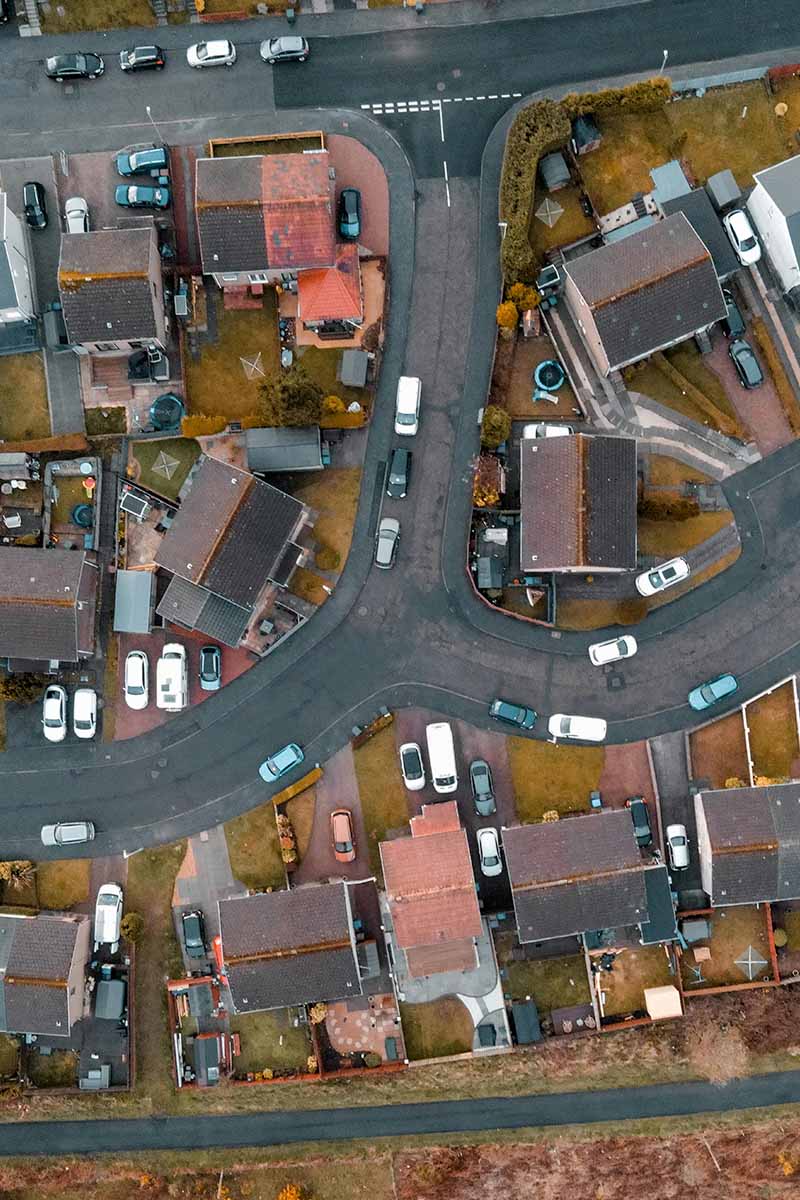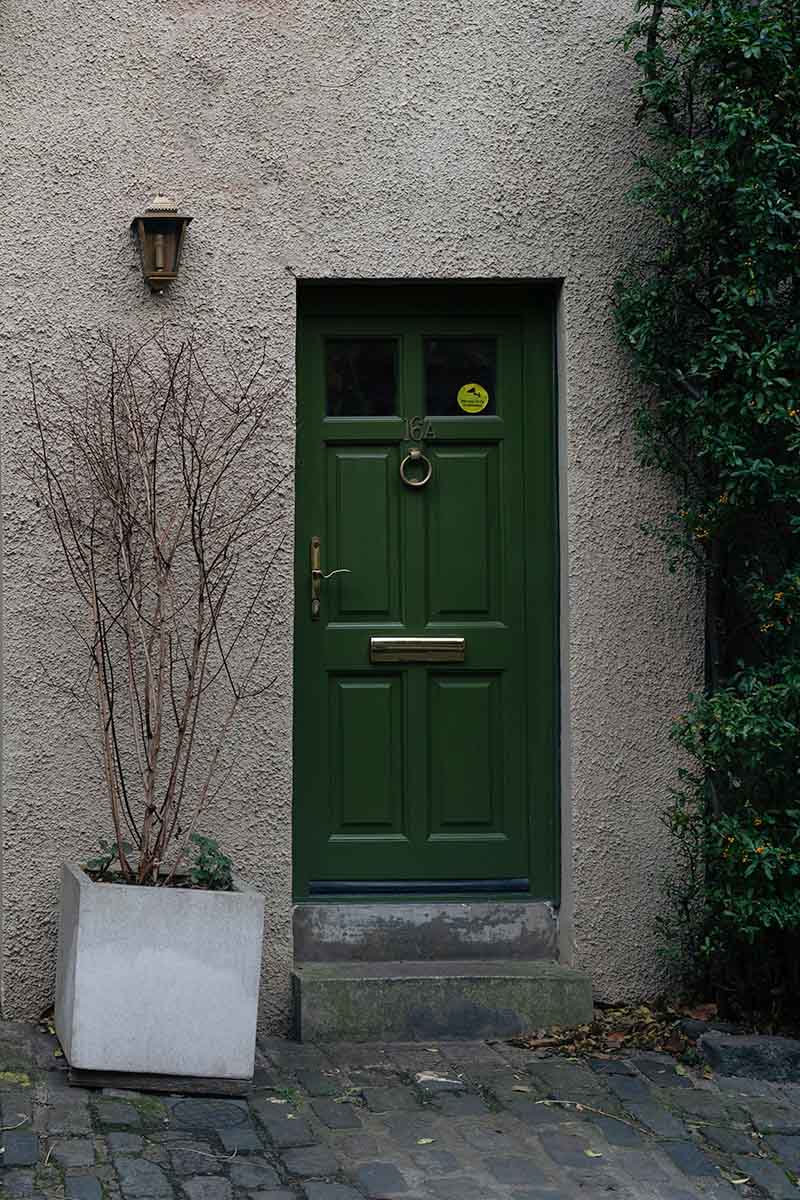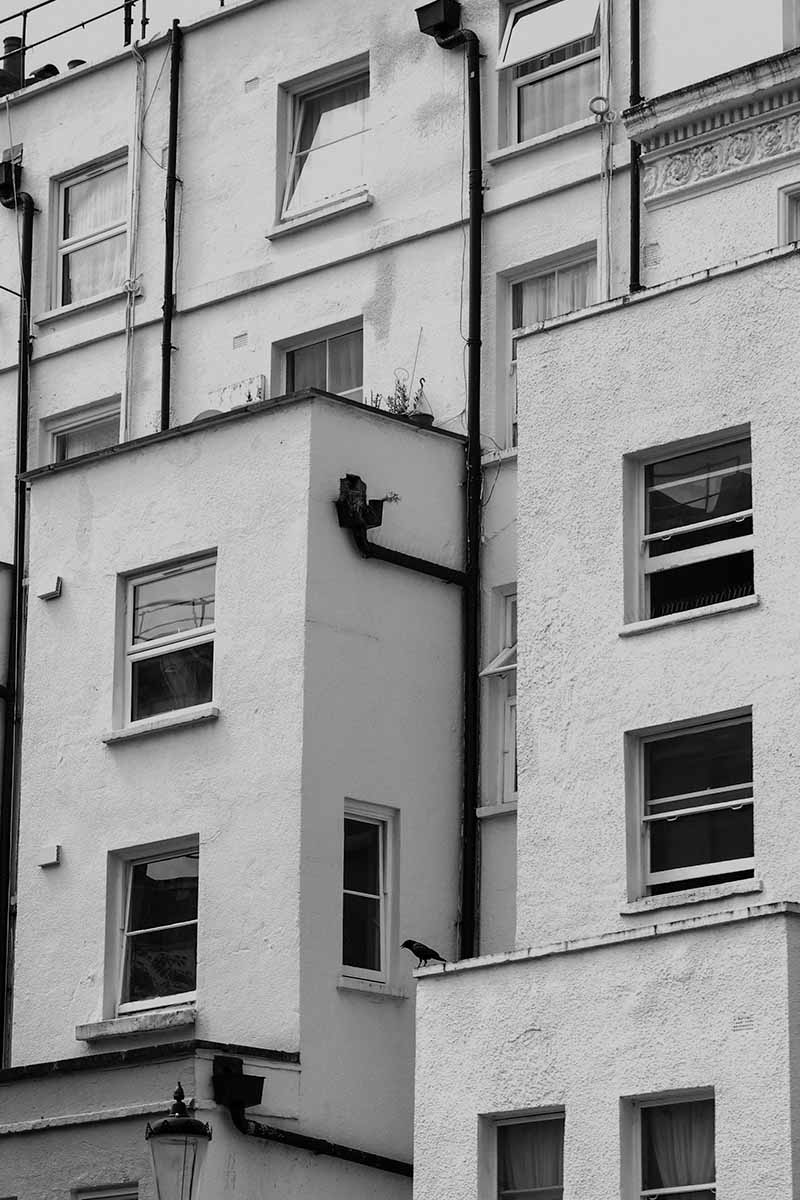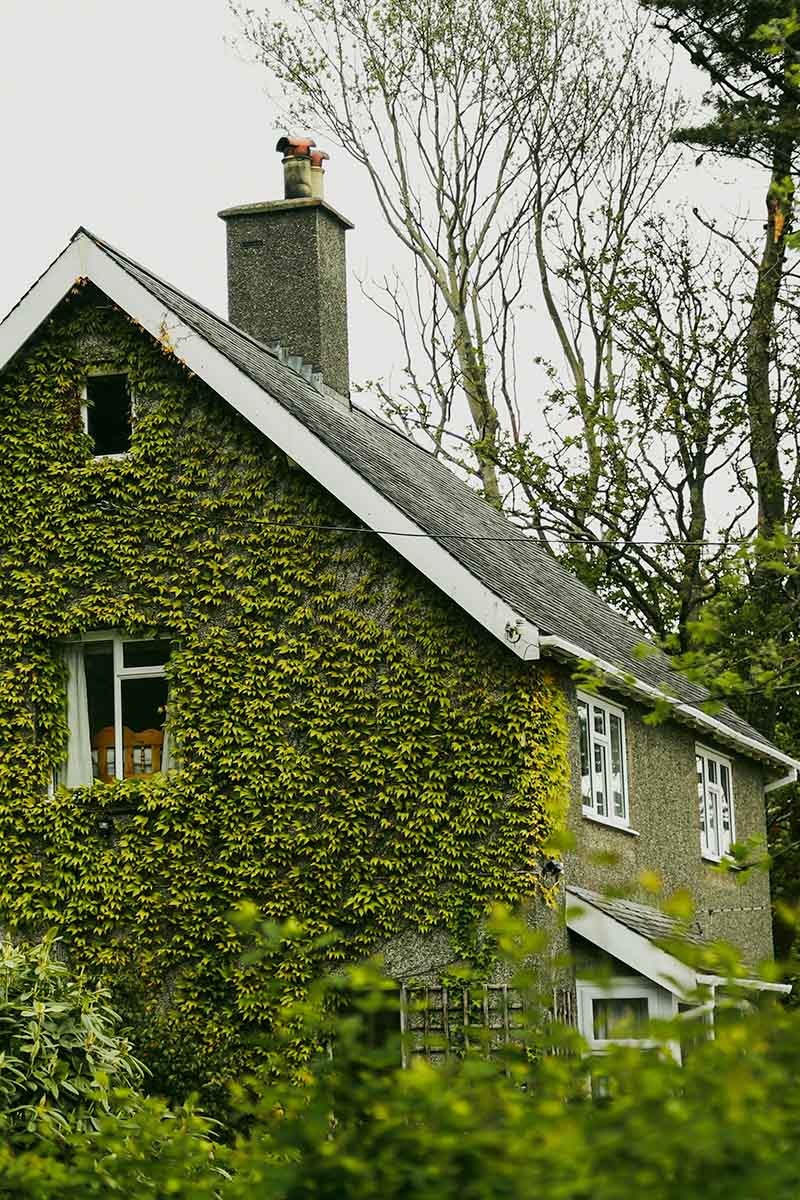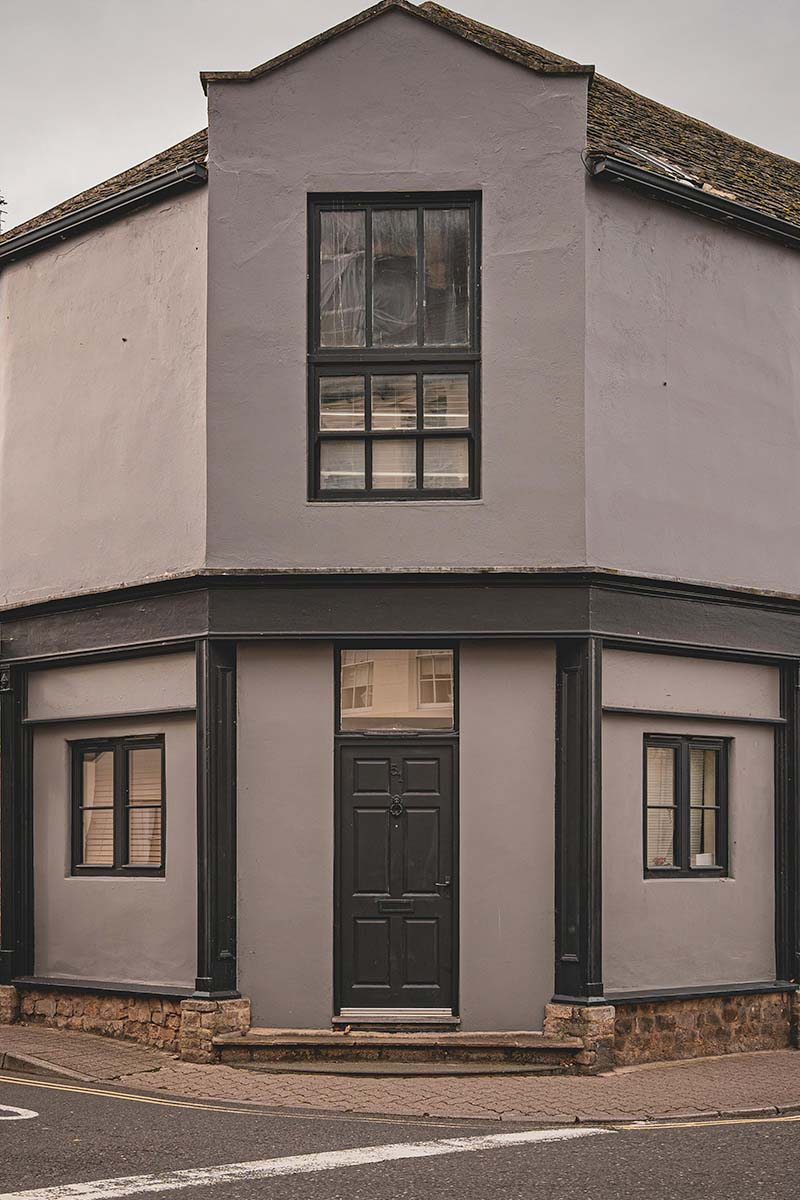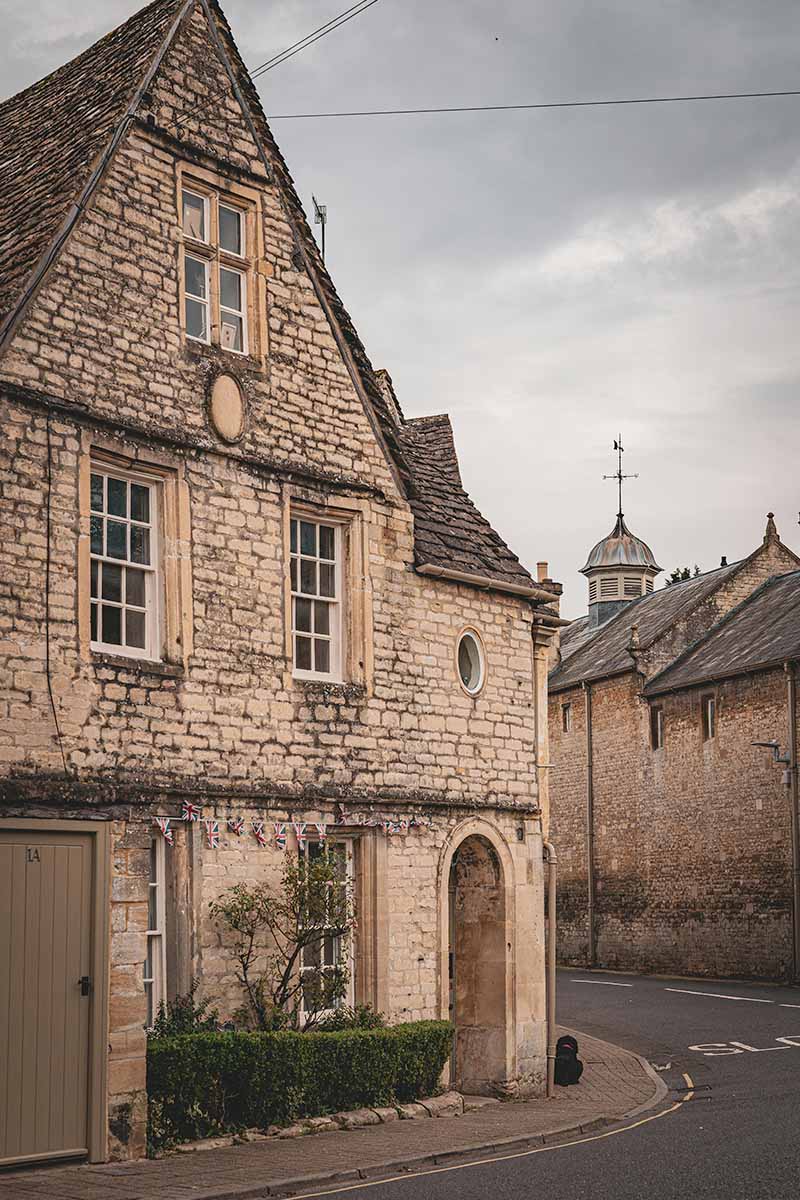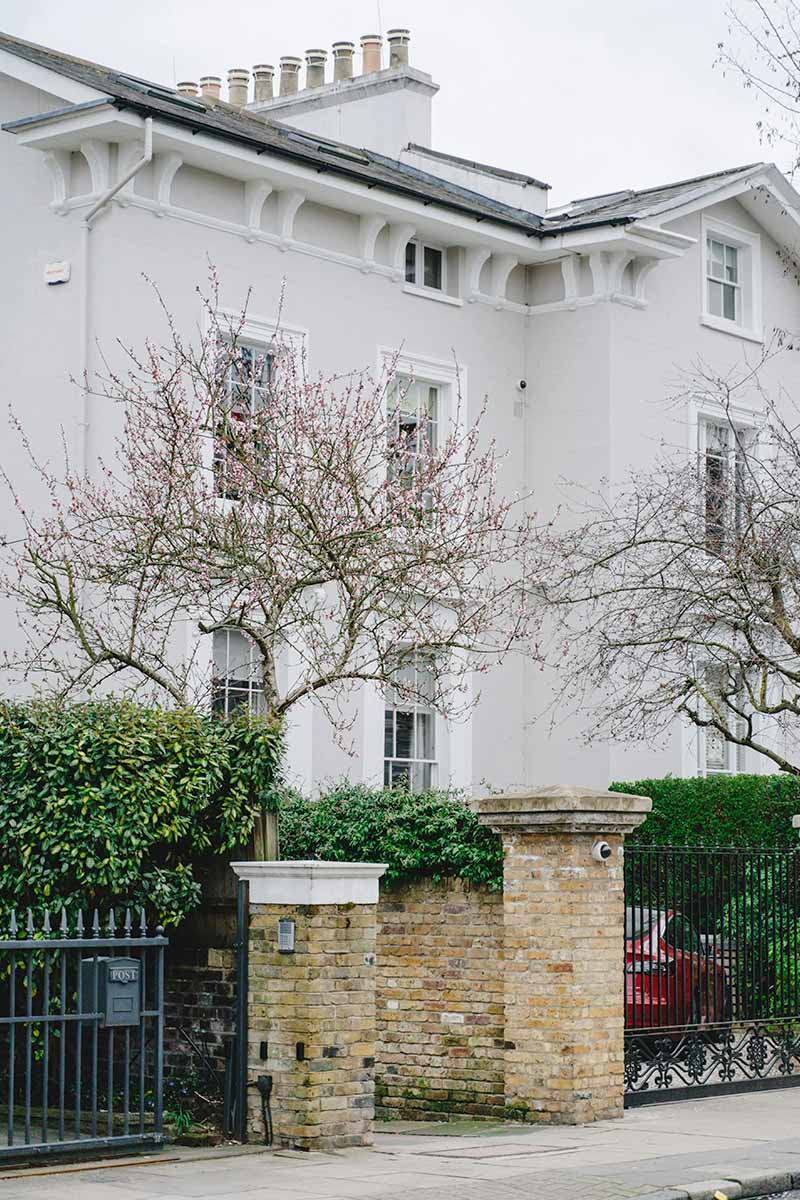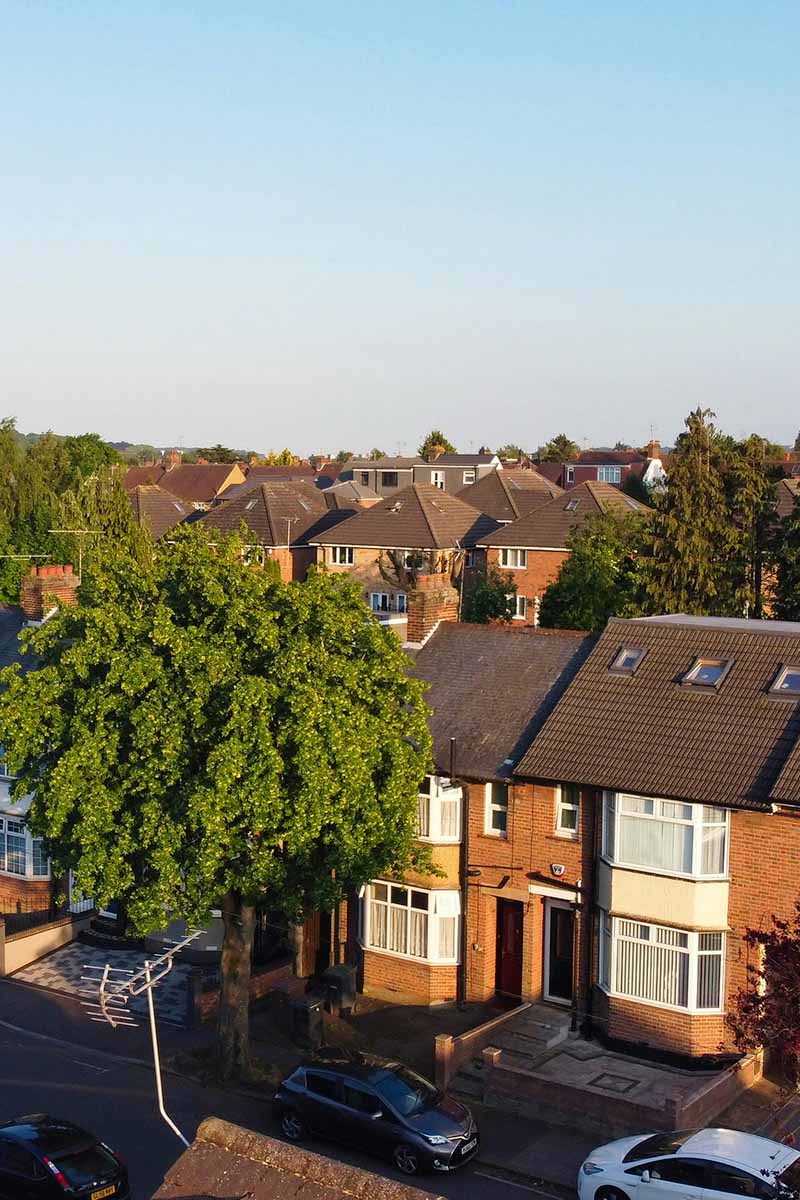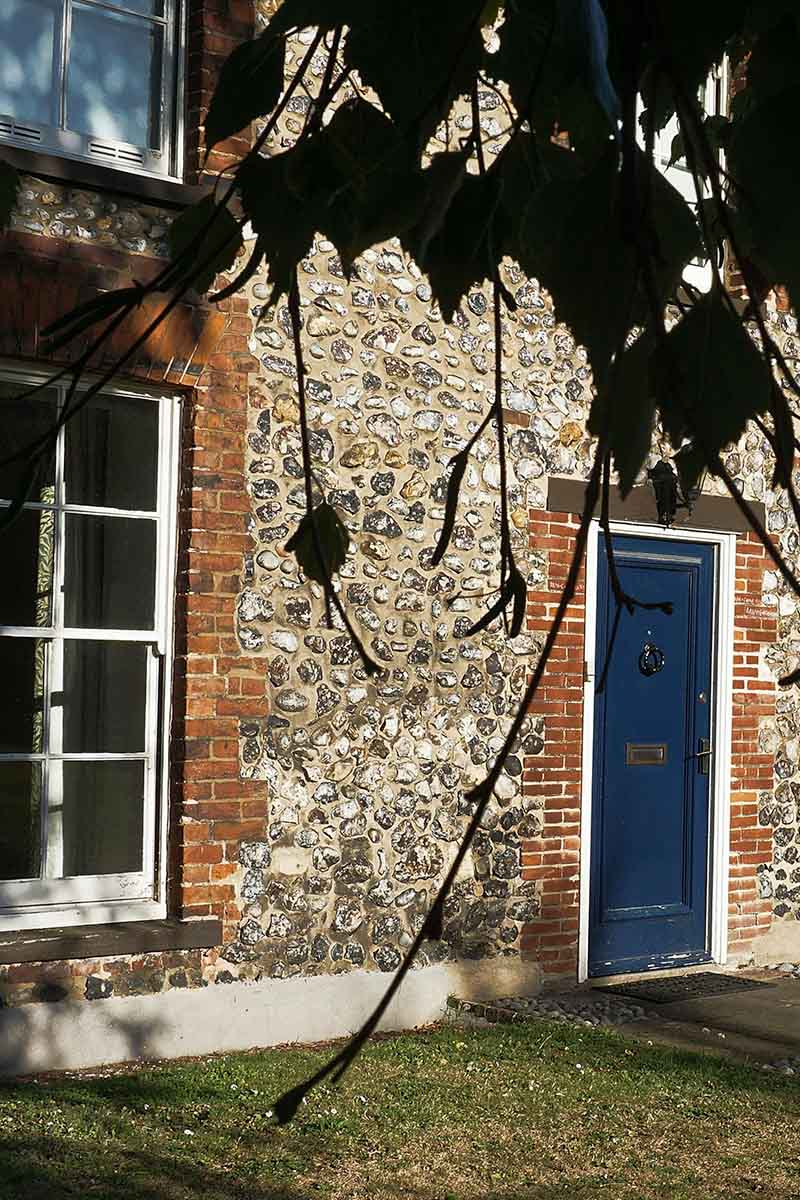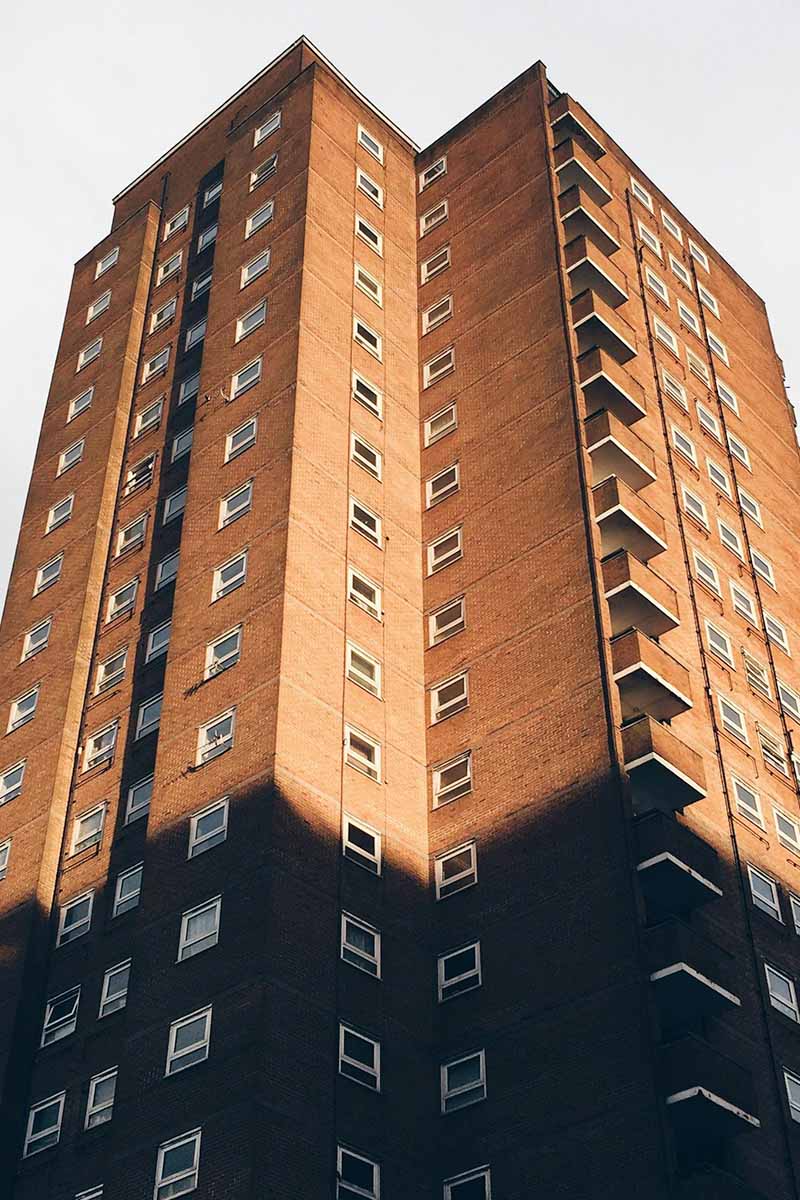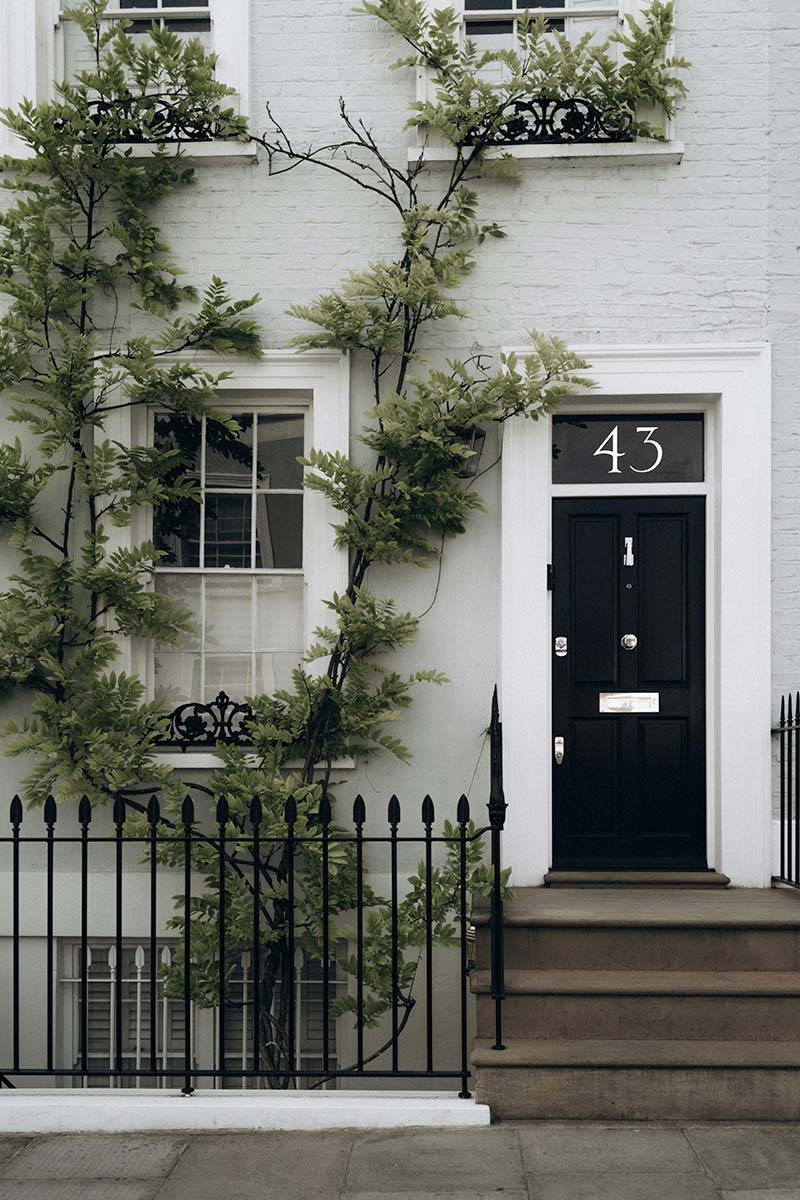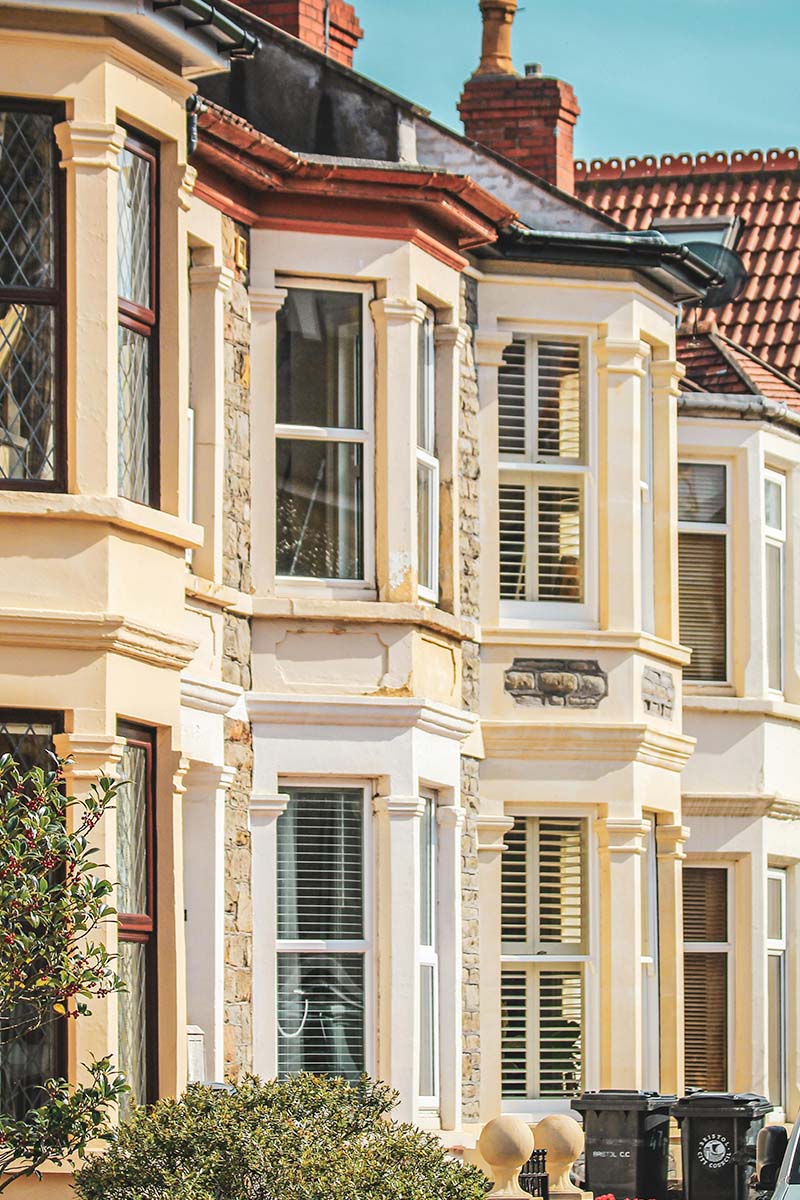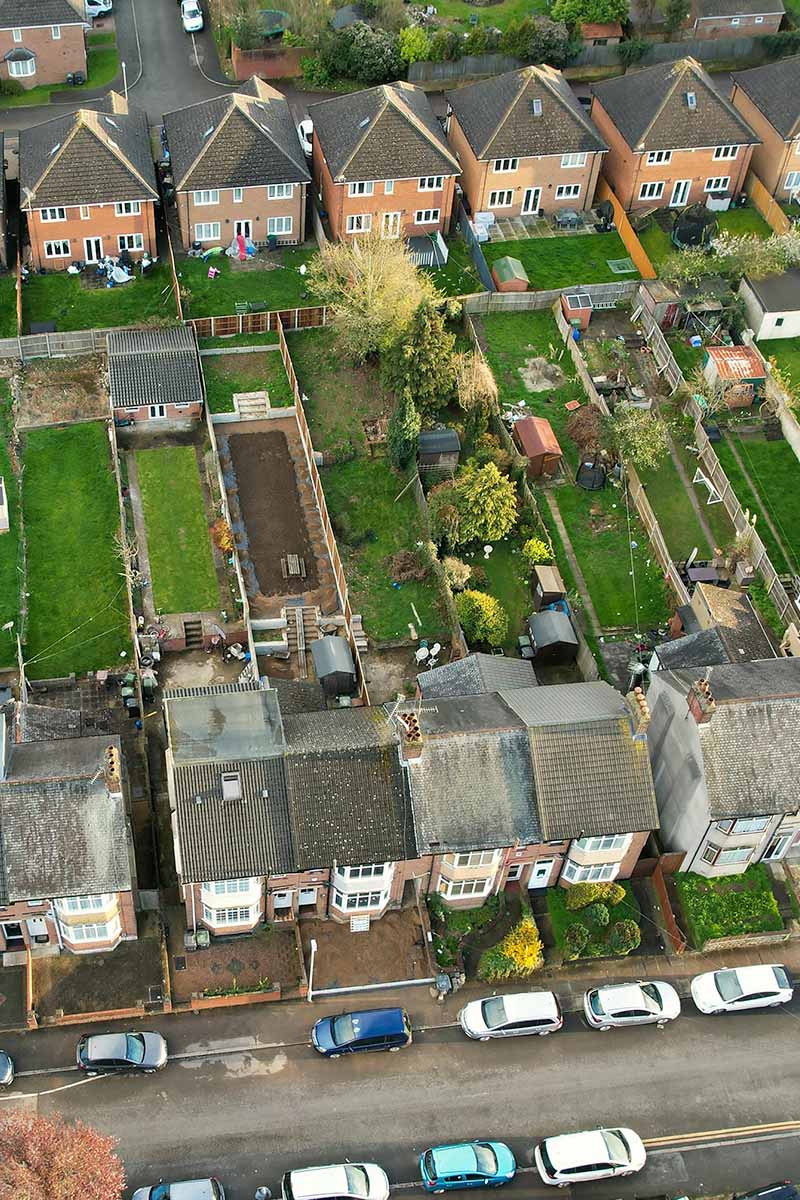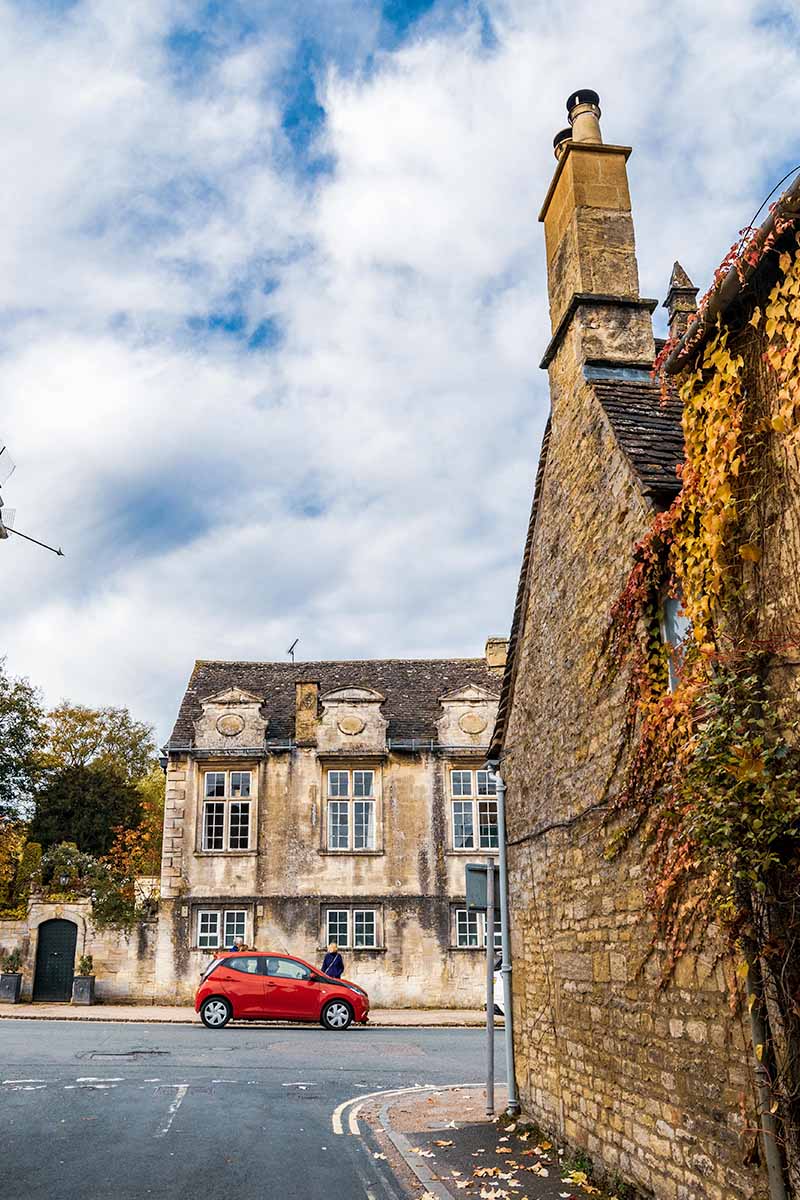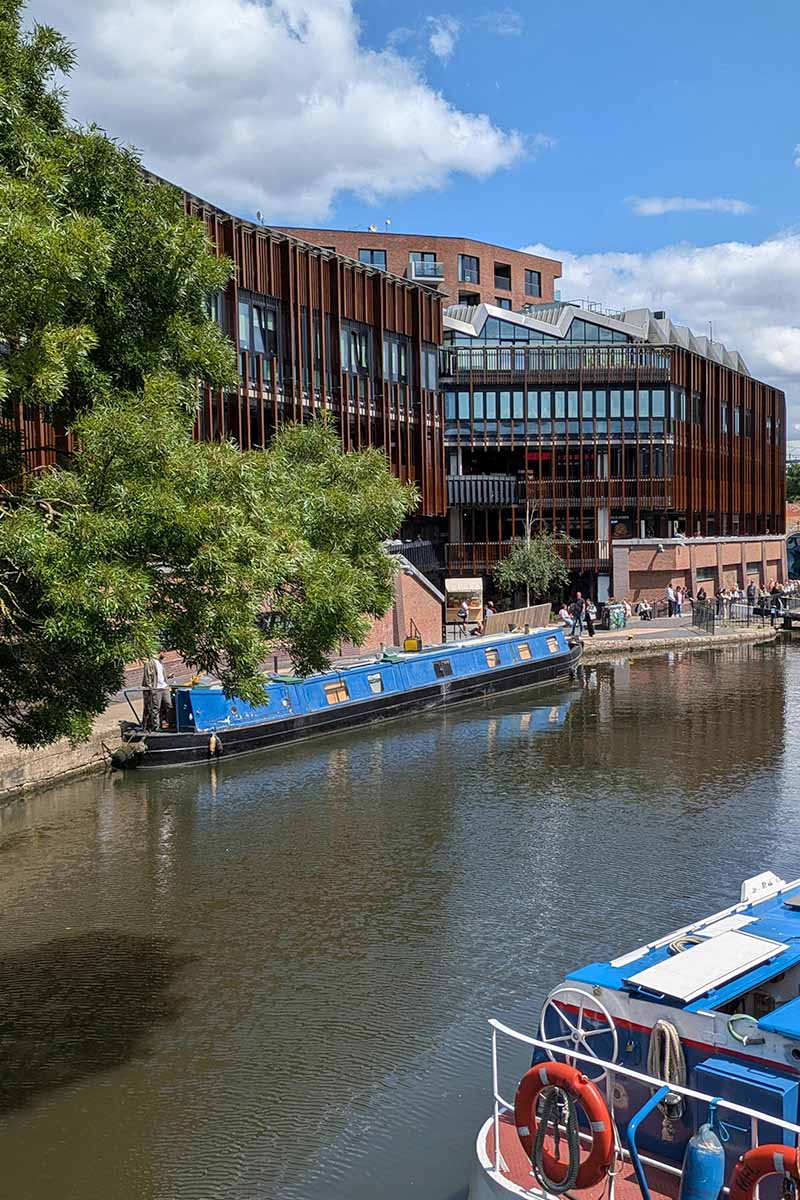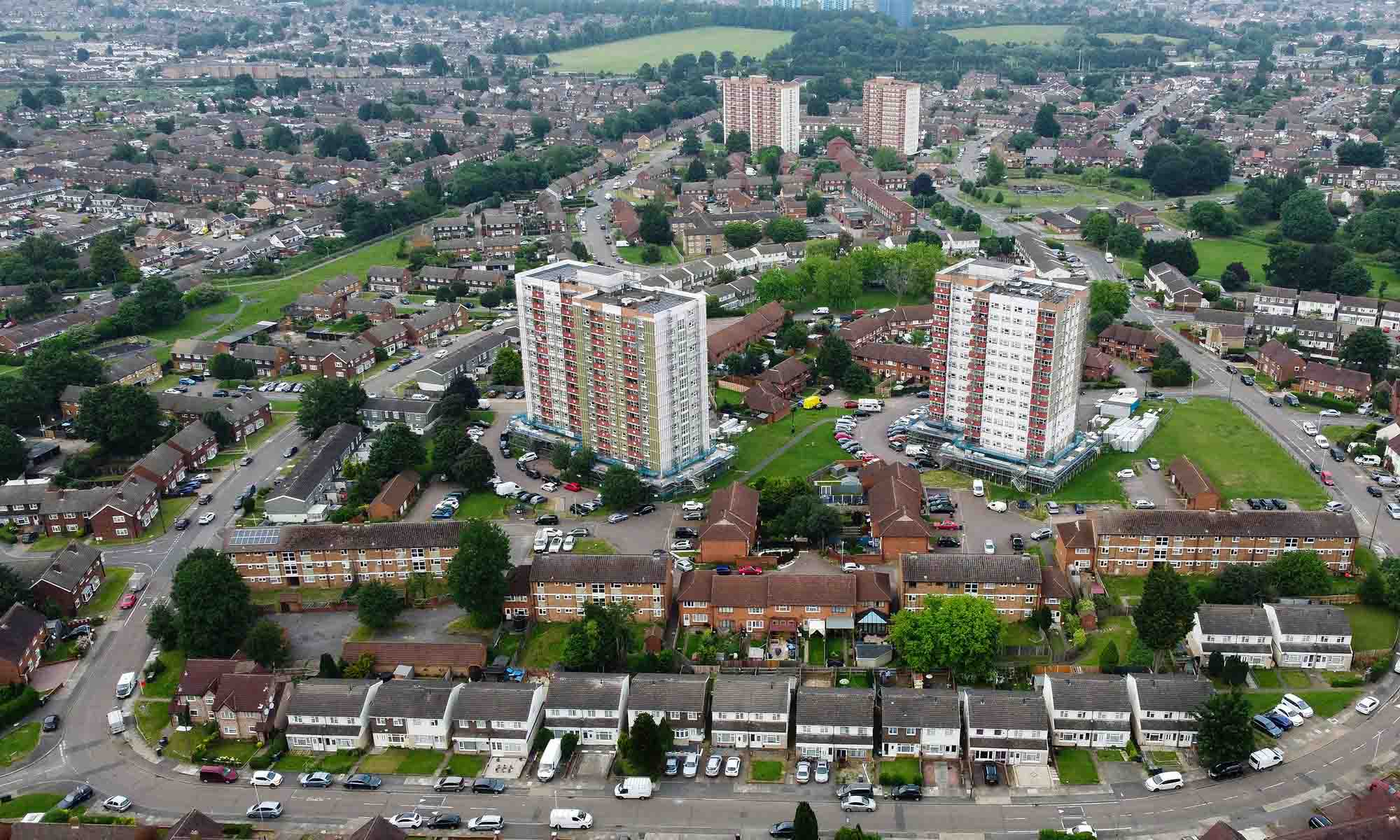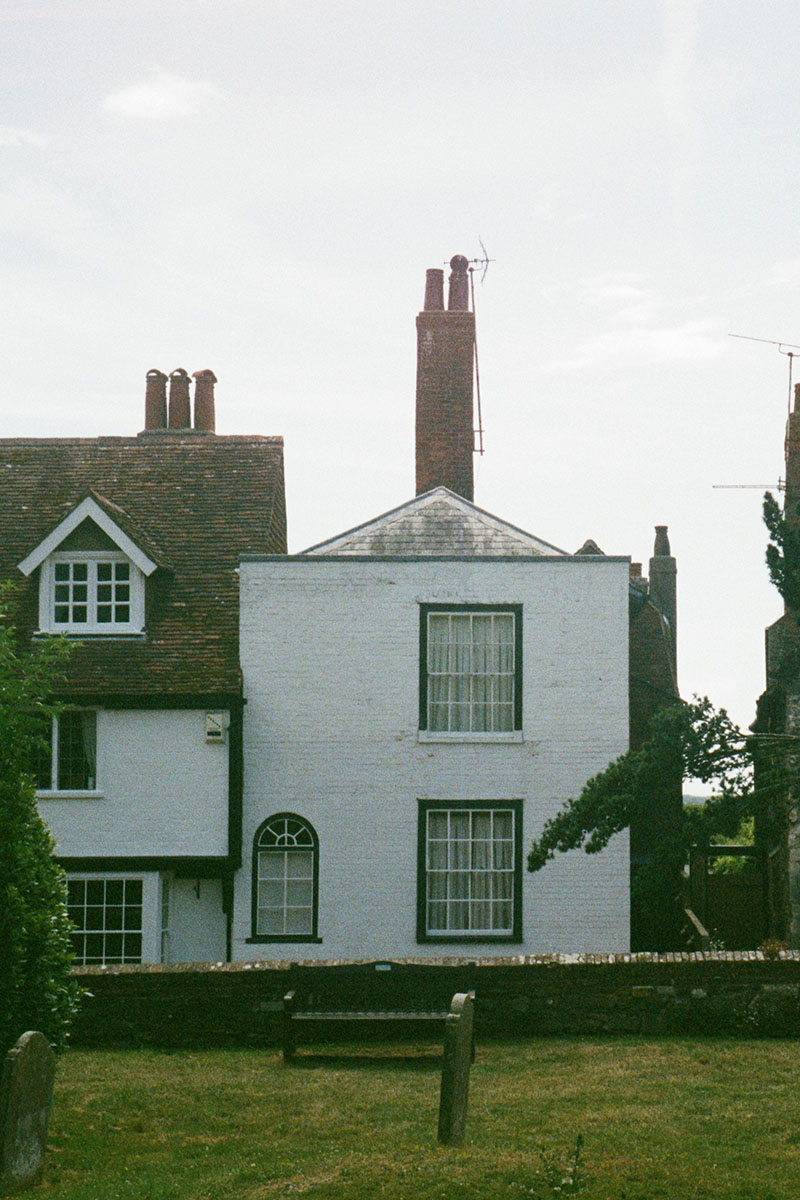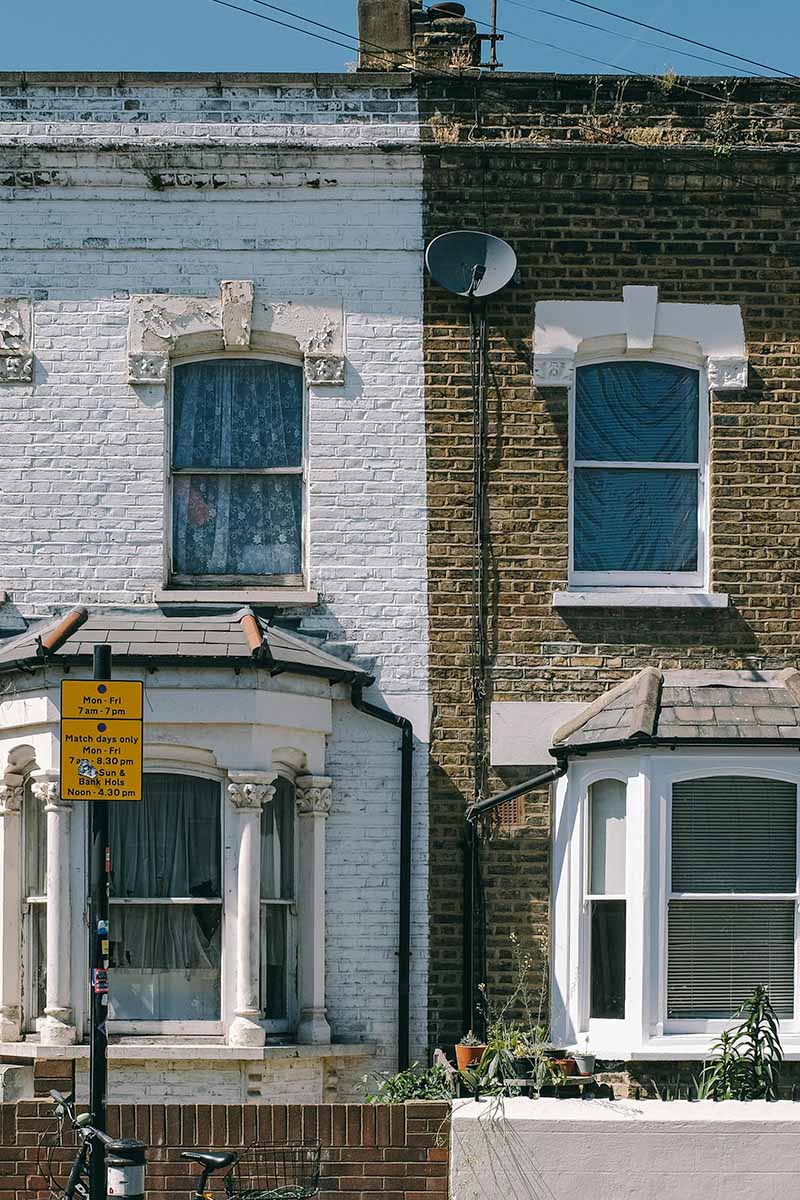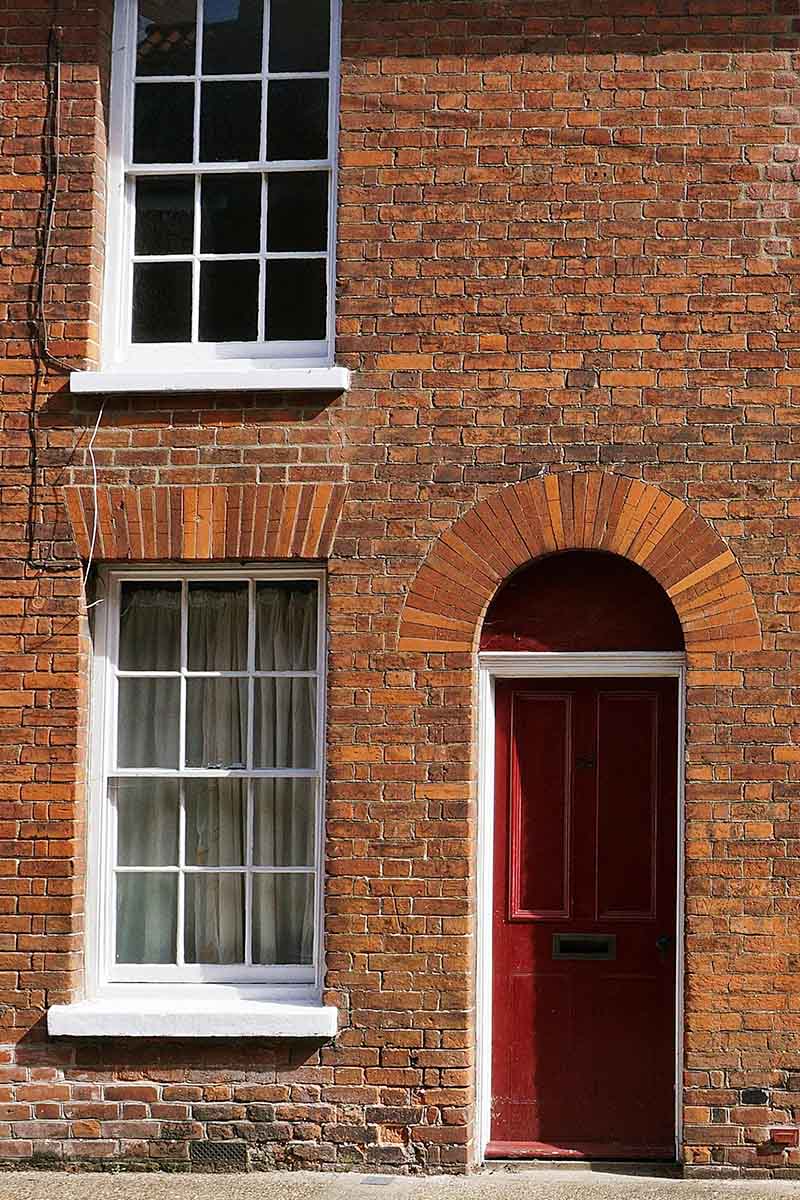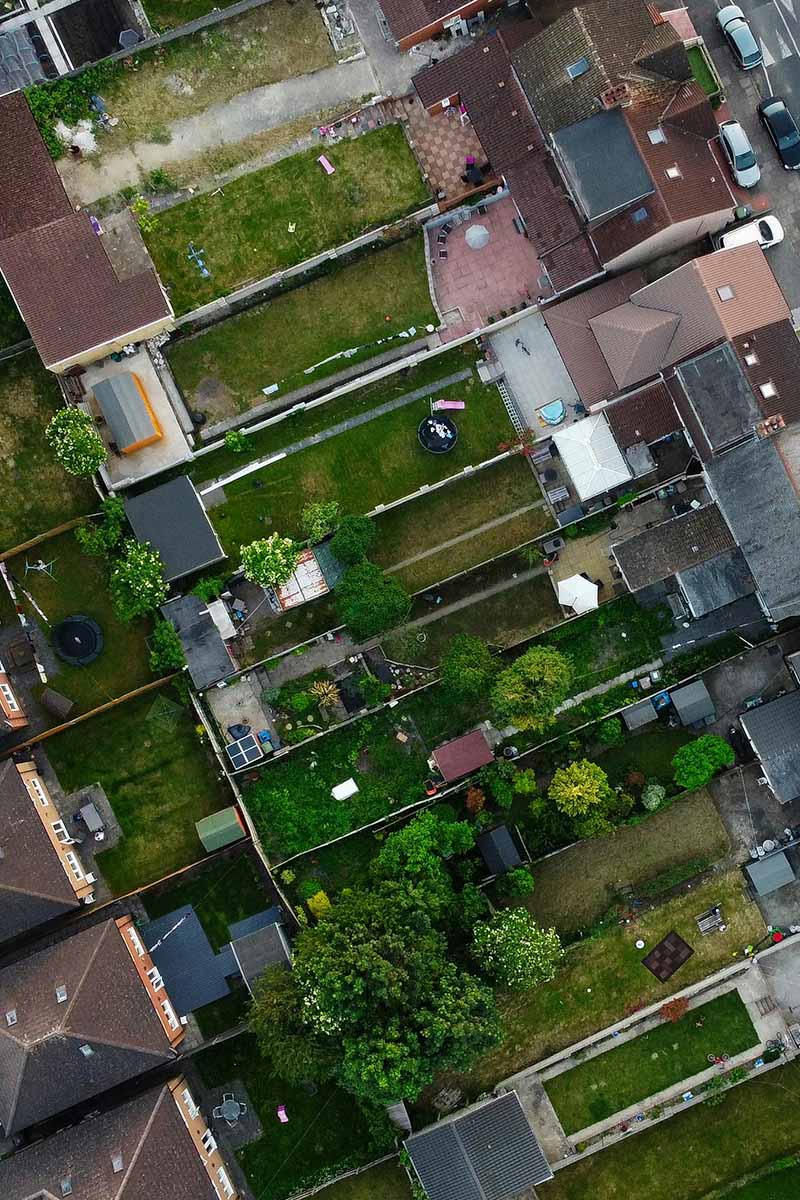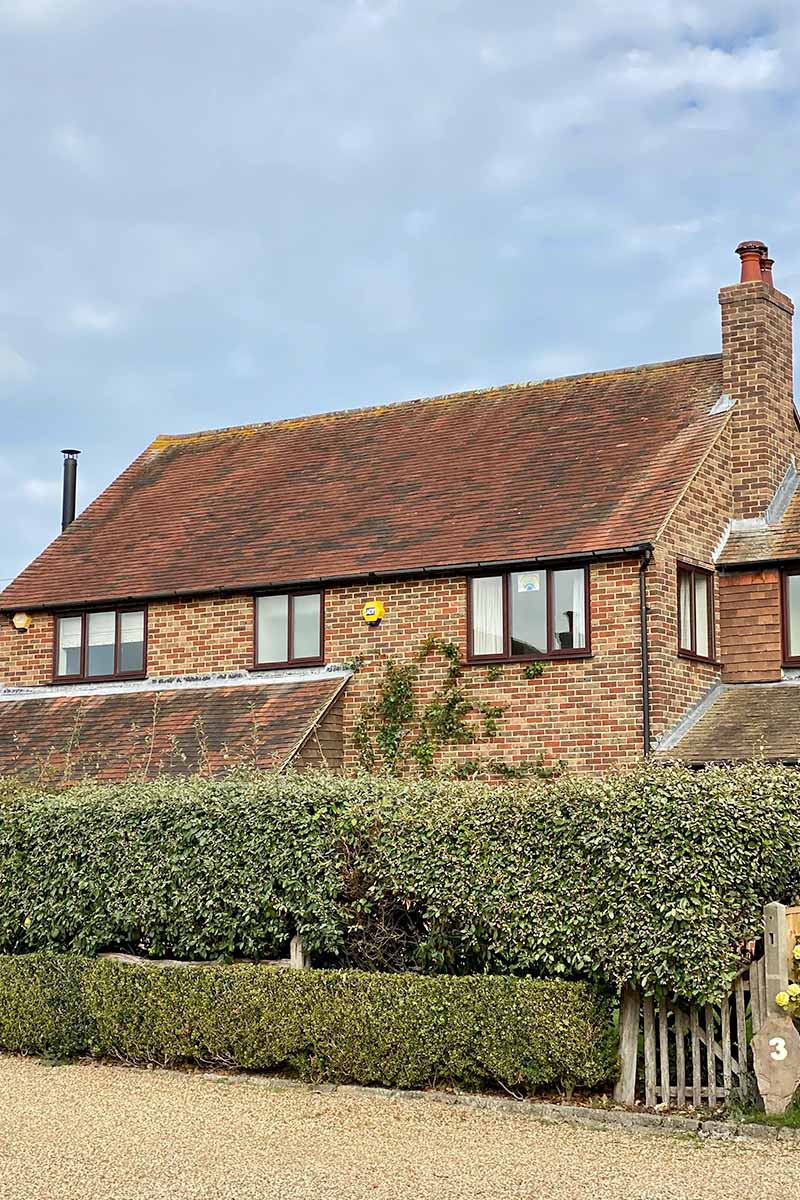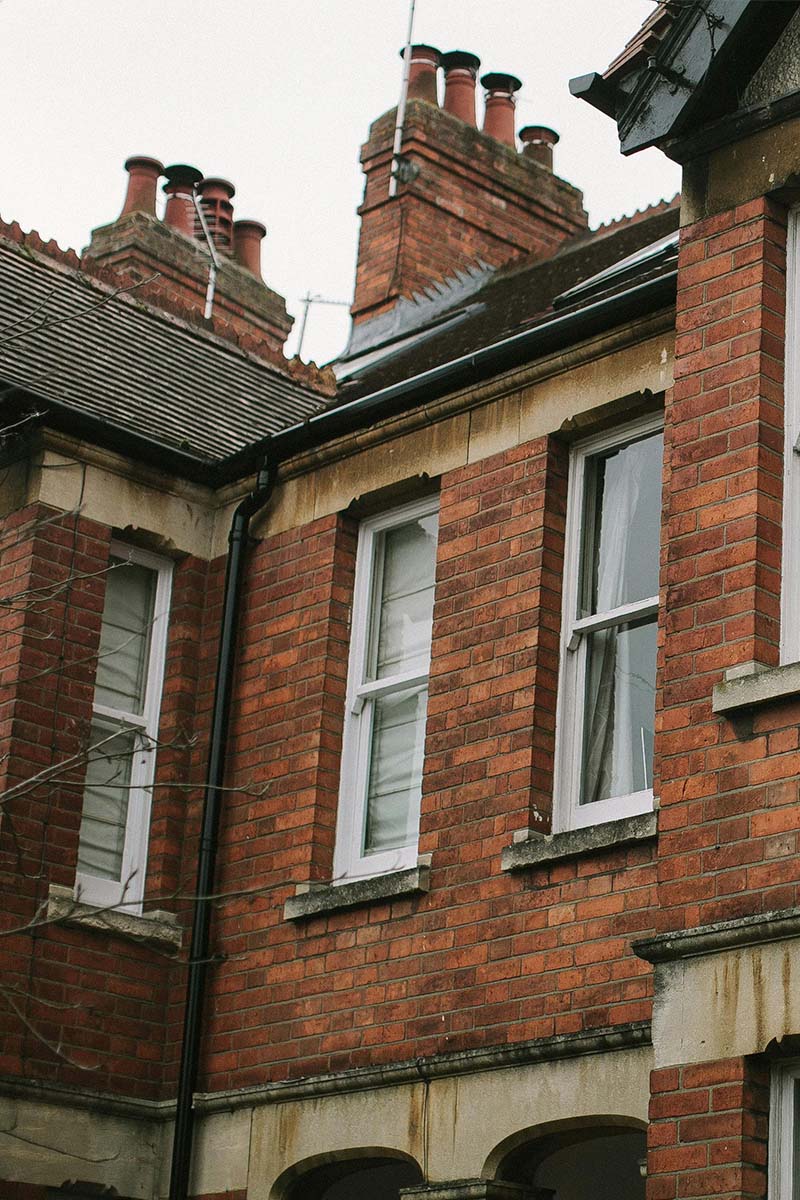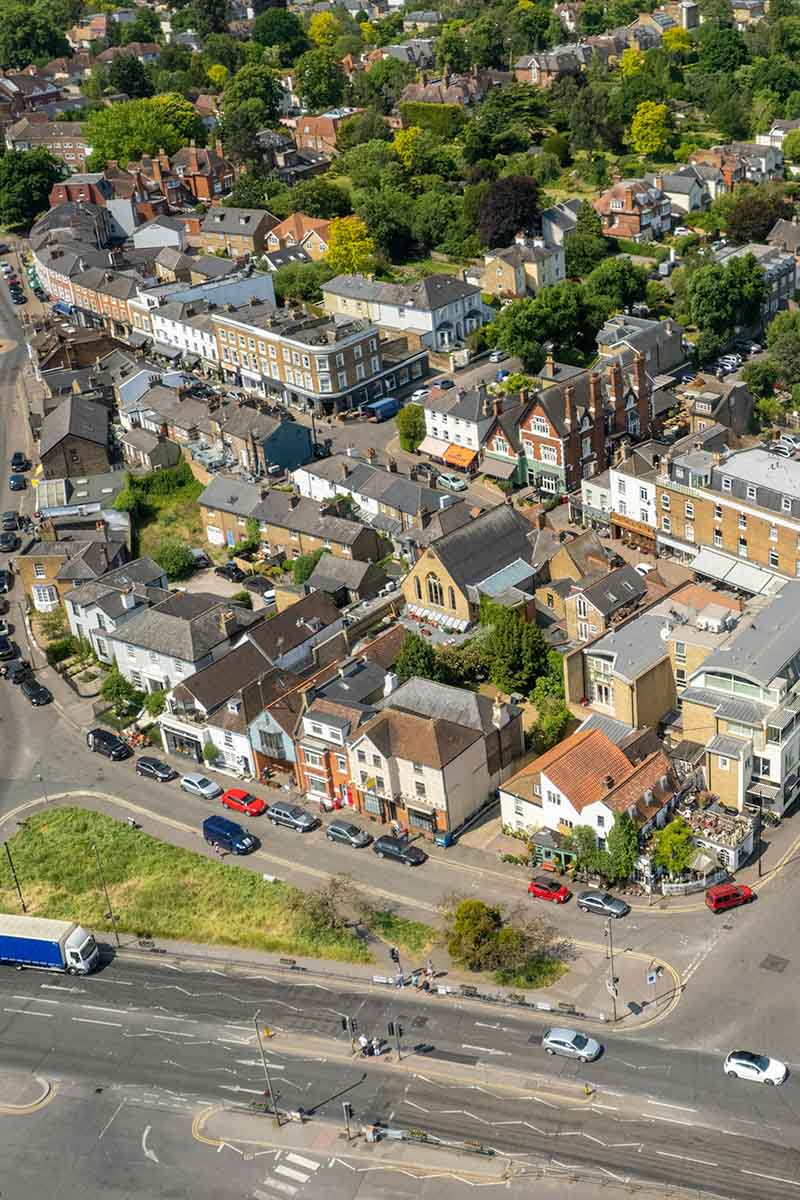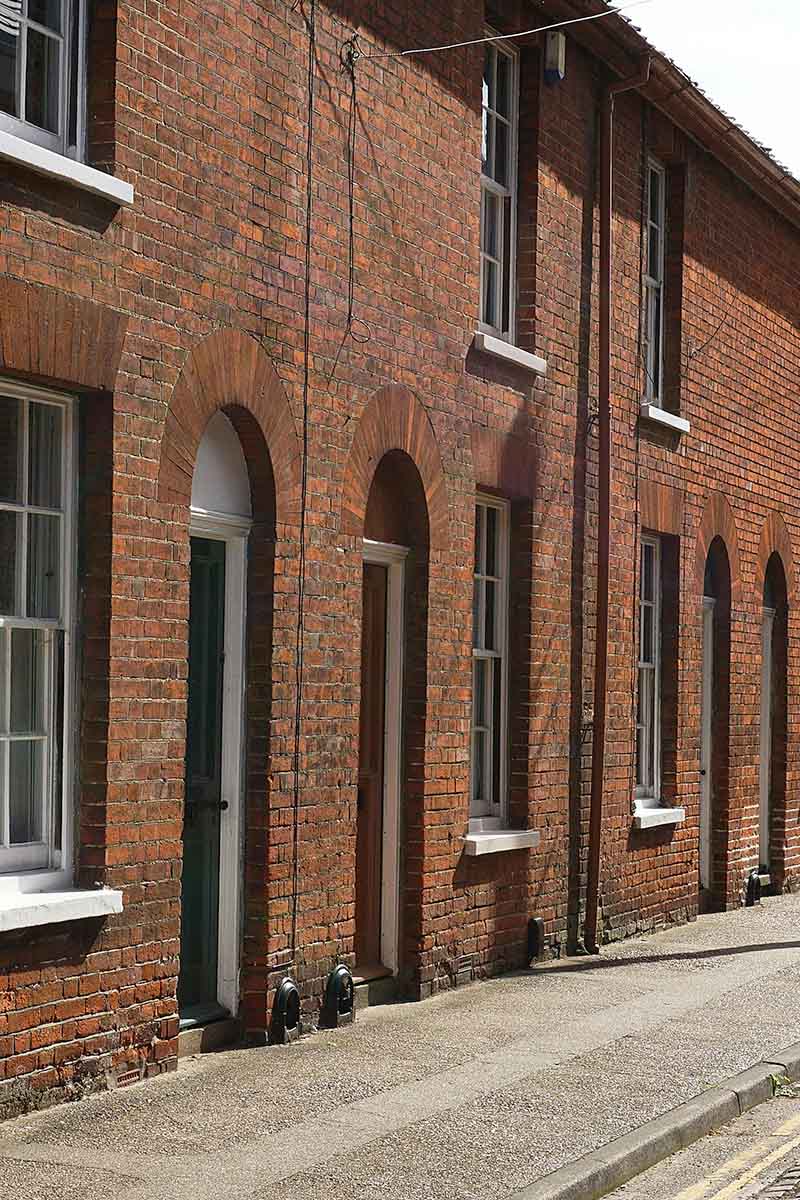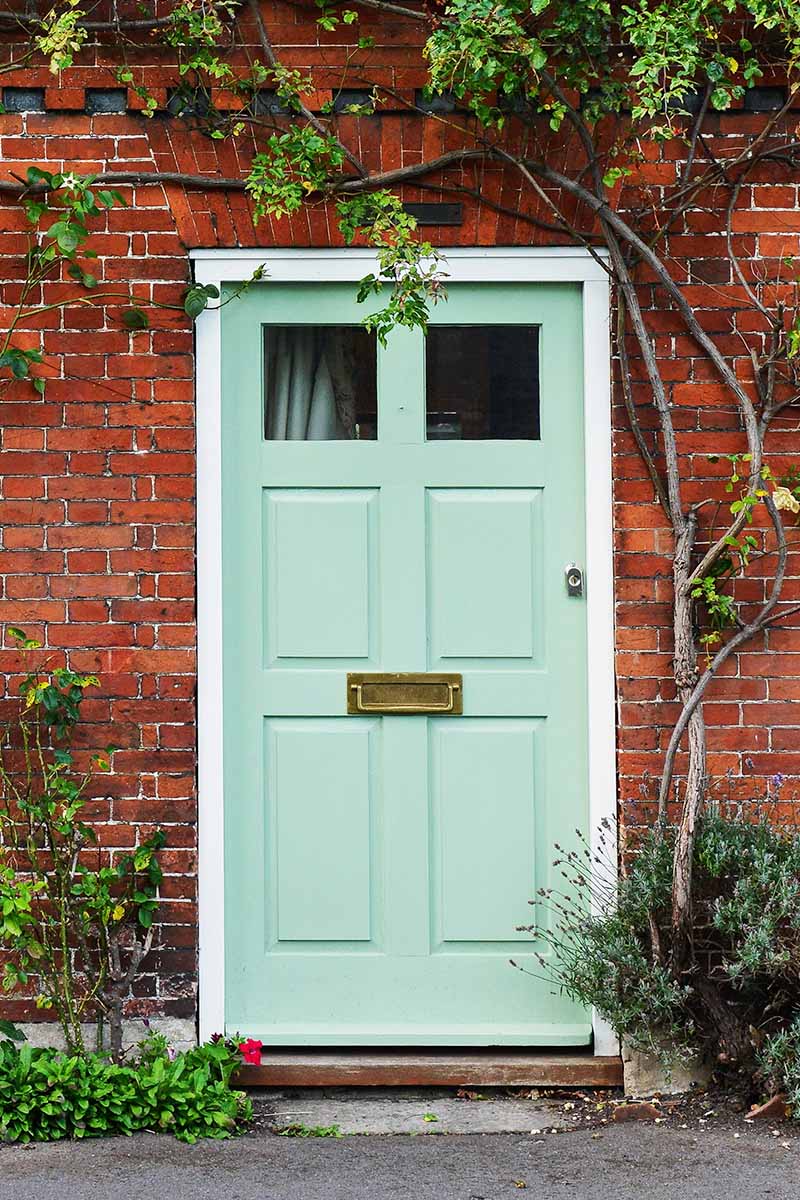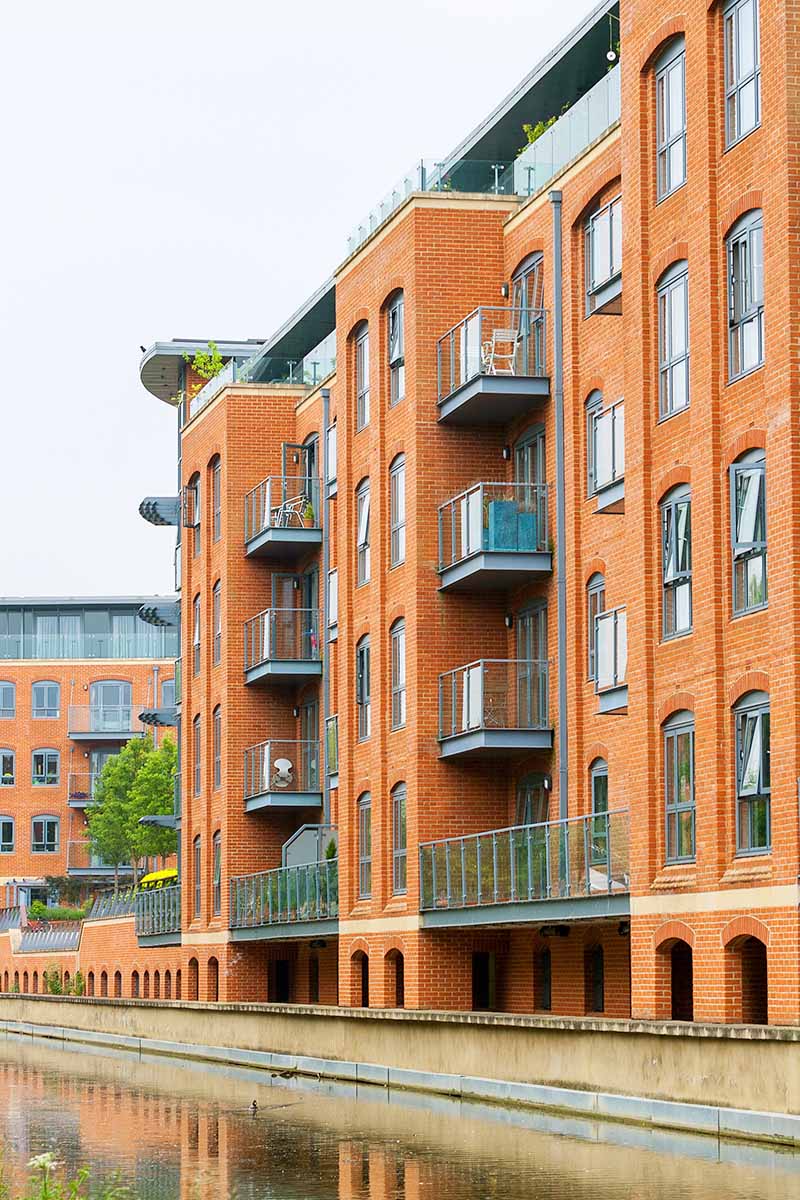Do you need an electrical certificate to sell your home?
When selling a house in the UK, one of the most common questions is whether you need an electrical certificate to complete the sale. The short answer is that you do not need a general electrical safety certificate such as an Electrical Installation Condition Report (EICR) to legally sell a home. That said, the situation is more nuanced. If you’ve had electrical work carried out since 2005, you must be able to show certificates proving it complied with building regulations. Even when not legally required, buyers, lenders, and solicitors often ask for proof that a property’s electrics are safe. Having certificates ready can speed up the process, reassure buyers, and help prevent last-minute price negotiations.
Selling a house in the UK does not legally require a general electrical certificate (EICR).
- Legal requirement: No general certificate is needed, but certificates for any electrical work since Jan 2005 are mandatory.
- Mandatory certificates: Part P Building Regulations Compliance Certificate or an Electrical Installation Certificate (EIC).
- Optional but recommended: An EICR can reassure buyers and lenders and smooth the sale.
- Risks without one: Delays, requests for indemnity policies, or buyers lowering offers.
- Landlords: Must have an EICR for rental properties, but this does not apply to private sales.
- Related guide: Thinking about gas appliances instead? Read our full guide on do you need a gas safety certificate to sell a house?
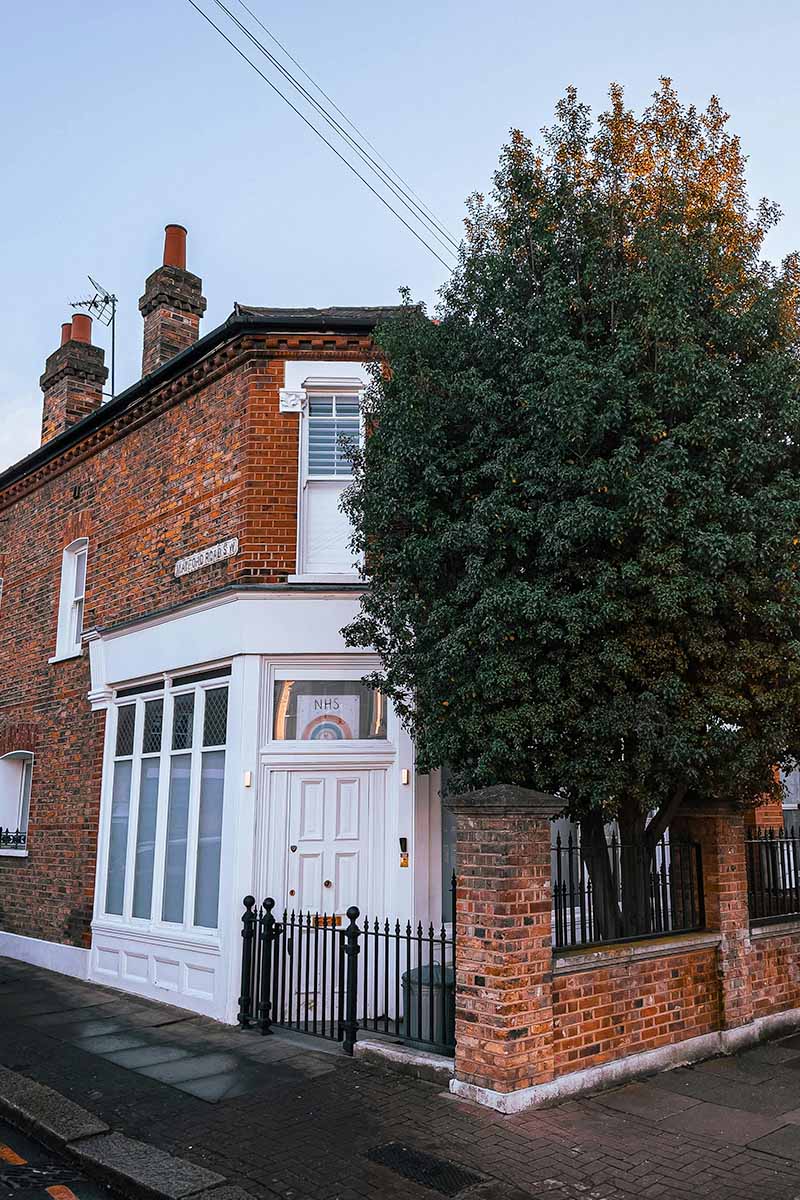
Legal position on electrical certificates
- There is no legal requirement for homeowners to provide a general electrical certificate when selling.
- However, if notifiable electrical work was carried out since January 2005, you must have:
- Part P Building Regulations Compliance Certificate (issued through Building Control or a registered electrician), or
- Electrical Installation Certificate (EIC) confirming the work complies with BS 7671.
If you cannot provide this, local authorities can require retrospective sign-off, which may mean extra cost, delay, or indemnity insurance.
The difference between an EIC and an EICR
- EIC = confirms new or altered work was installed safely.
- EICR = overall “health check” of existing electrics.
Why having an electrical certificate helps your sale
Even though not mandatory, having an up-to-date certificate can:
- Reassure buyers: Demonstrates the home is safe and reduces buyer hesitation.
- Smooth the process: Prevents late renegotiations over electrical concerns.
- Speed up conveyancing: Buyers’ solicitors often request confirmation of electrical safety.
- Increase buyer pool: Mortgage lenders may be stricter on properties without certification.
Without one, you may face requests for an indemnity policy, delays while a buyer arranges their own inspection, or even price reductions.
Costs of obtaining an EICR
- Takes 3–4 hours for an average home.
- Certificates last around 5 years (required for rentals, but useful for private sales too).
What to do if you don’t have one
- Commission an EICR: Quick, relatively inexpensive, and improves buyer confidence.
- Offer an indemnity policy: If no certificate exists for past work, indemnity insurance can cover legal risks (often £50–£200).
- Be transparent: Inform your solicitor early if you lack documentation, so they can address it before contracts.
Landlords vs private sellers
- Landlords: Since July 2020, all rental properties in England must have a valid EICR, renewed every 5 years.
Private home sellers: No general obligation, unless electrical work was carried out since 2005, in which case Part P or an EIC must be available.
Save time and hassle by selling your home with us
Get a guaranteed cash offer on any property in England and Wales. All you need to do to get started is enter your address below.
Risks of selling without certificates
Example scenario
Sarah was selling her 3-bed semi built in the 1980s. She had no EICR and couldn’t locate Part P certificates for a kitchen rewire done in 2010. The buyer’s solicitor flagged this as a risk. Rather than lose the sale, Sarah arranged an EICR for £200, which highlighted only minor issues. With the report provided, the buyer proceeded without a price reduction, and the sale completed on time.
FAQs
Do I need an electrical certificate to sell my house?
No, not a general one. But you must provide certificates for electrical work done since Jan 2005.
What happens if I can’t find the certificate for past work?
You may need indemnity insurance or a retrospective inspection by a registered electrician.
Will buyers or lenders ask for one?
Often yes. A recent EICR is not legally required but can prevent delays and disputes.
Do landlords need one?
Yes, landlords must have an EICR every 5 years, but this does not apply to private sales.
How much does an EICR cost?
Between £120 and £350 depending on property size.
What about gas safety certificates?
Gas checks fall under separate rules. While you don’t legally need a CP12 (gas safety certificate) to sell your home, you may need a Building Regulations Compliance Certificate if a new boiler was fitted after 2005. We’ve explained this in detail in our guide on gas safety certificates when selling a house.
Recap: do you need an electrical certificate to sell a house?
You don’t legally need a general electrical certificate like an EICR to sell a house in the UK. However, you must provide proof (EIC or Part P certificate) for any notifiable electrical work carried out since 2005. While optional, having an up-to-date EICR is often wise, as it reassures buyers, avoids delays, and can prevent last-minute renegotiations.
Sell with Habello
If you want to avoid the uncertainty of buyers asking for certificates, surveys, or last-minute renegotiations, Habello can help.
- Guaranteed cash offer in 48–72 hours.
- No need for certificates, surveys, or marketing delays.
- Flexible completion timeline.
- Fair market valuation with no estate agent fees.
- Legal fees covered when you use our partner solicitors.
Contact Habello today for a no-obligation offer and sell with speed and certainty.
Property owners are choosing Habello for a faster, easier and less stressful way to sell
Sell your home quickly for cash by accepting an offer just below market value. See how we compare to your other options by using the calculator below.
Related guides
Bring yourself up to speed with our property guides.





